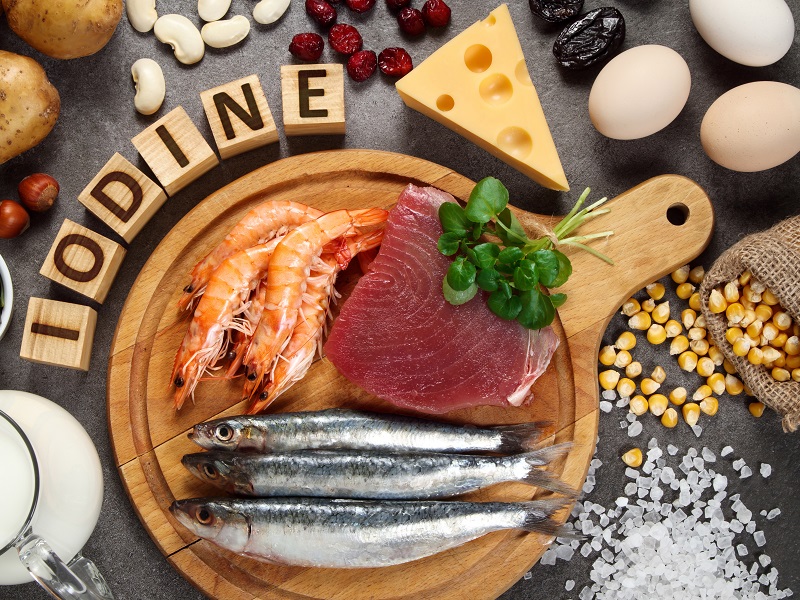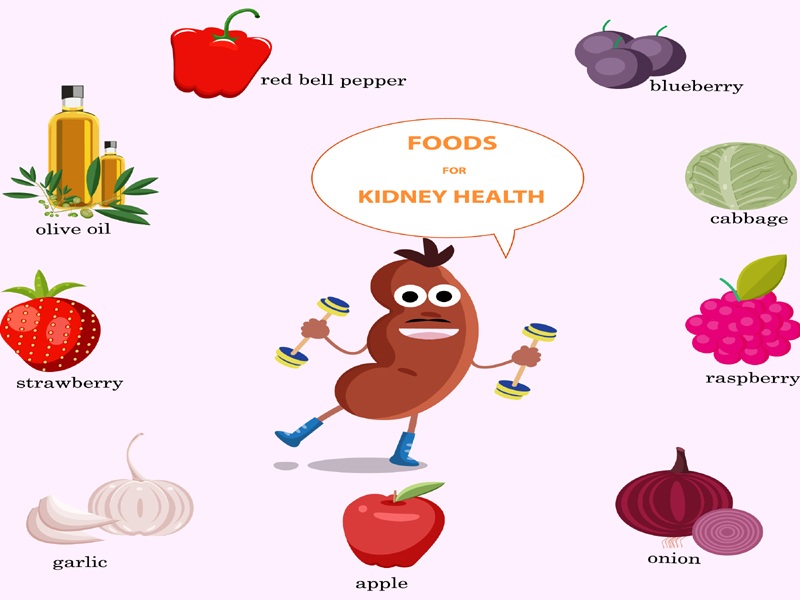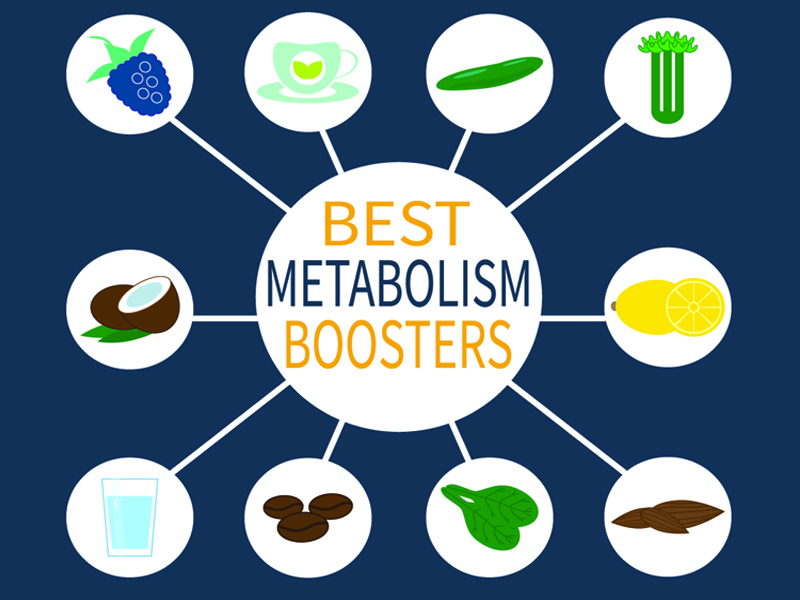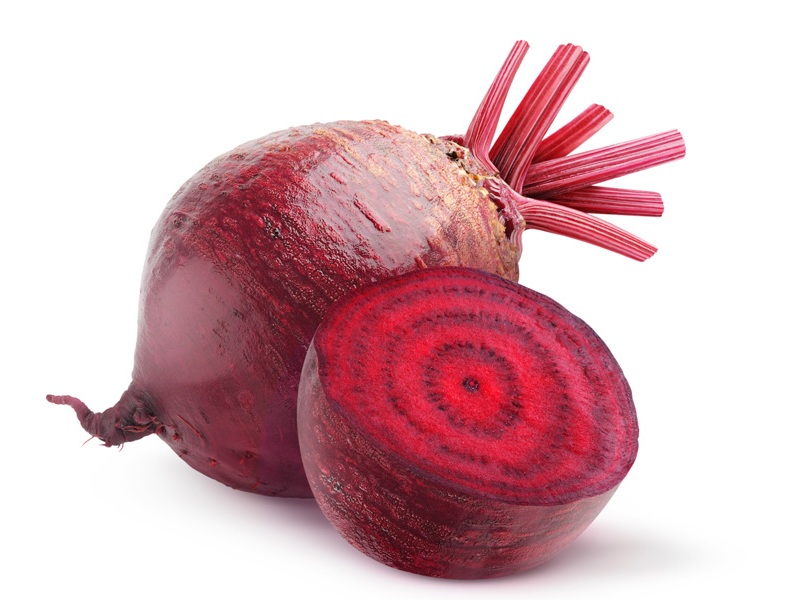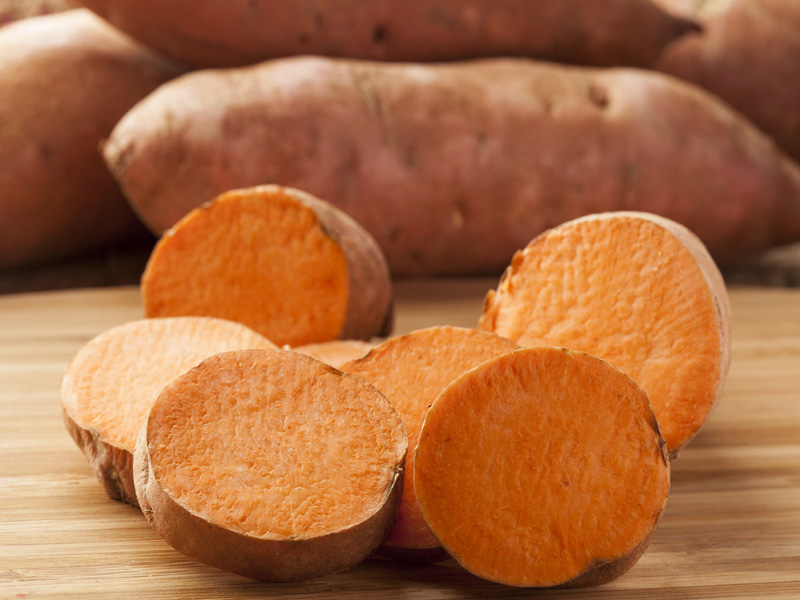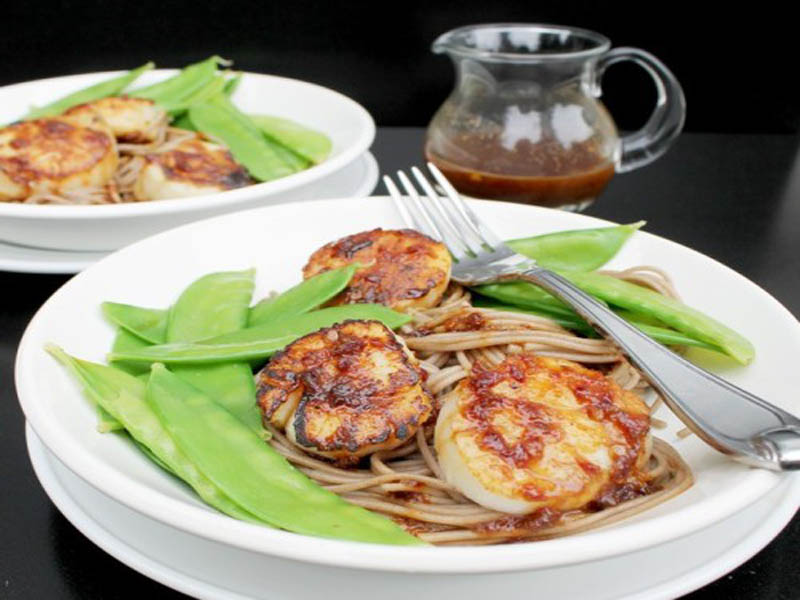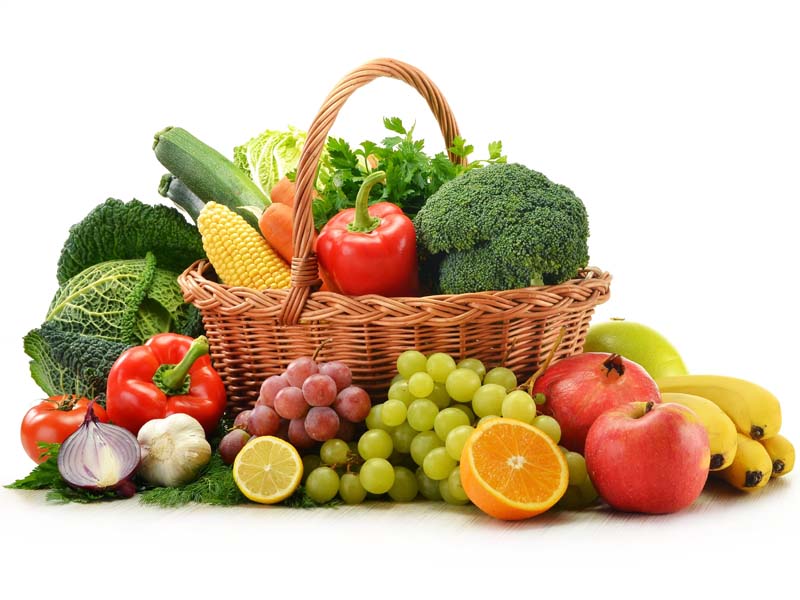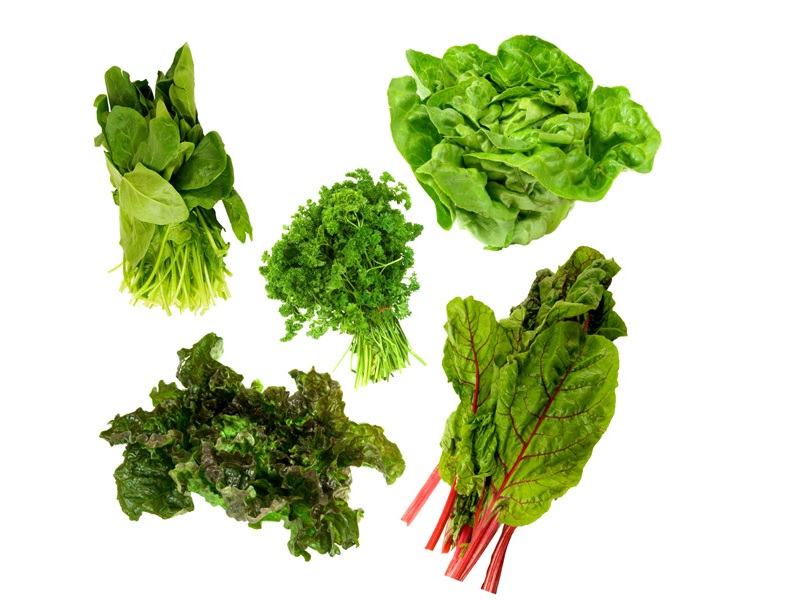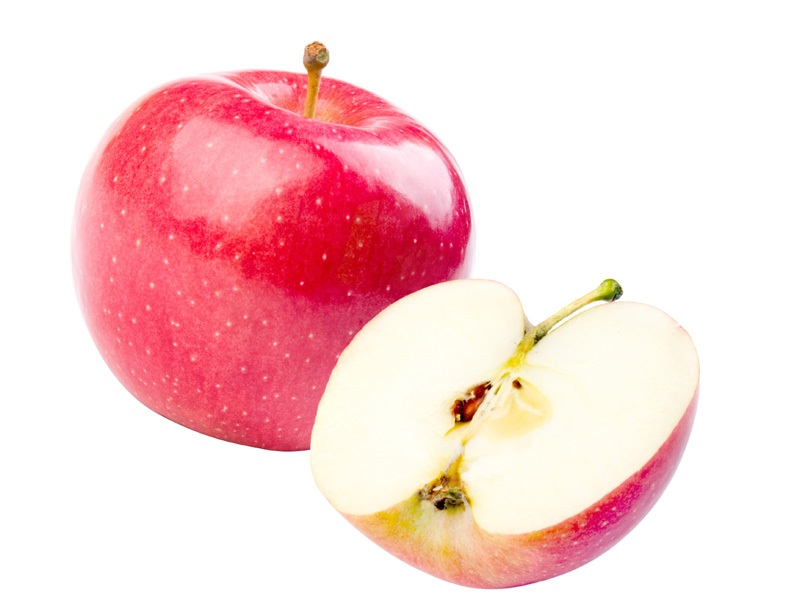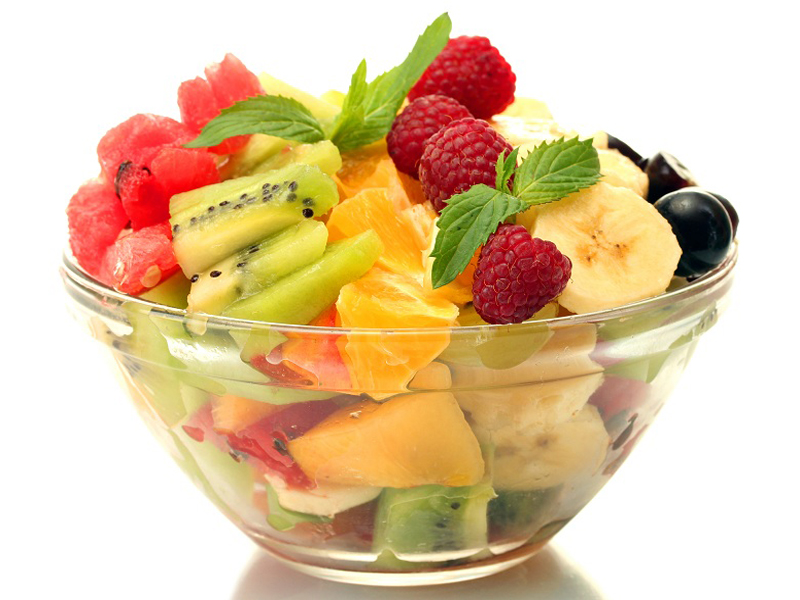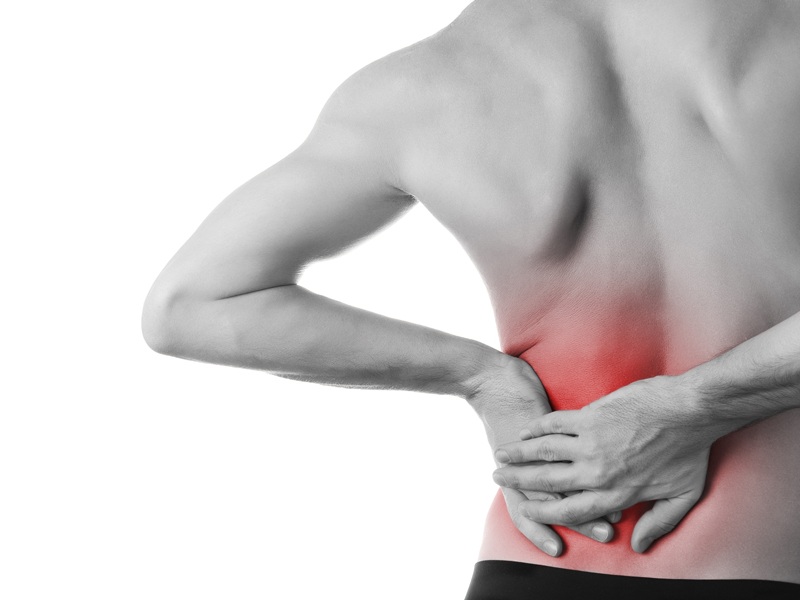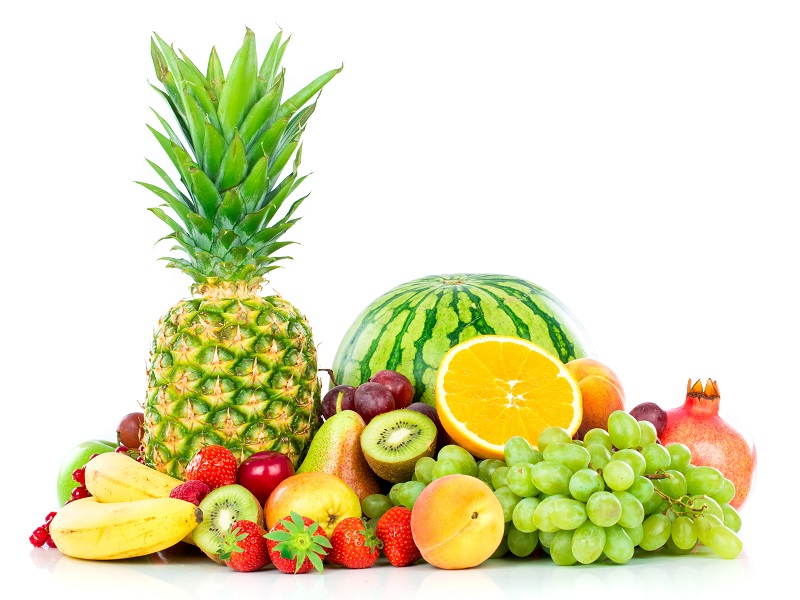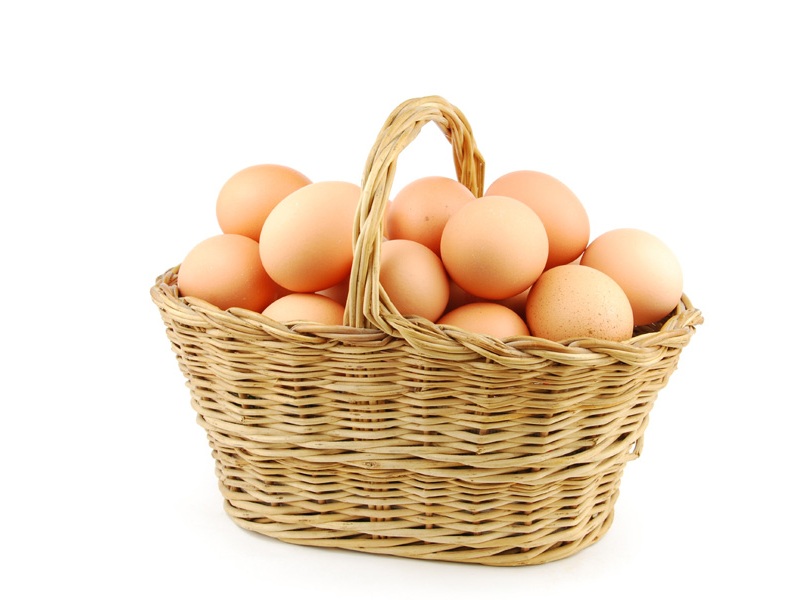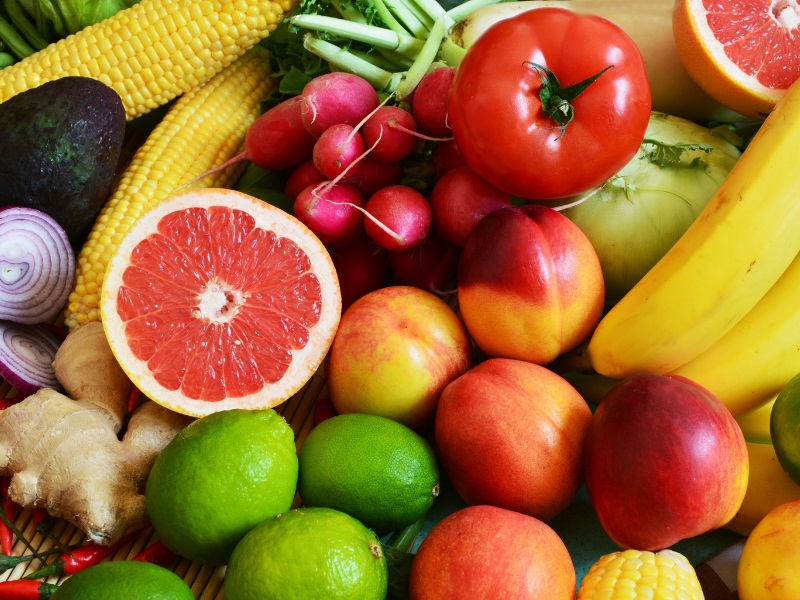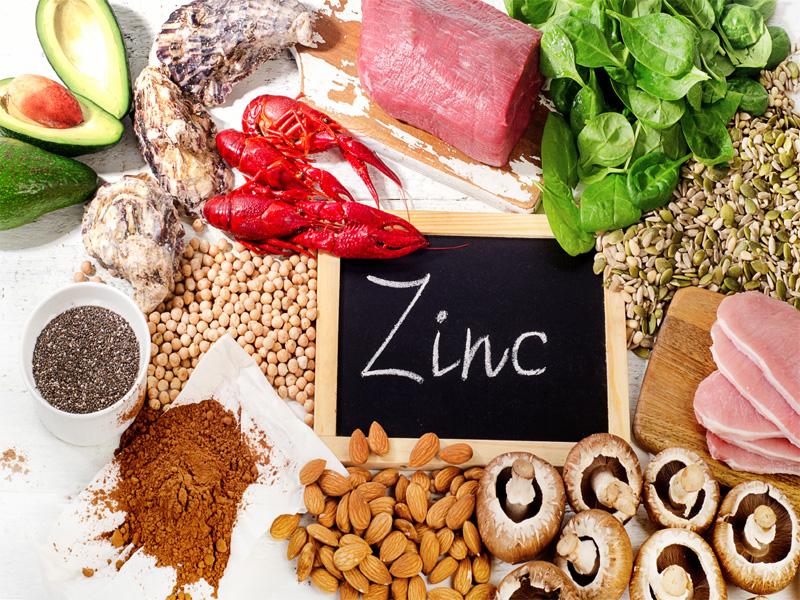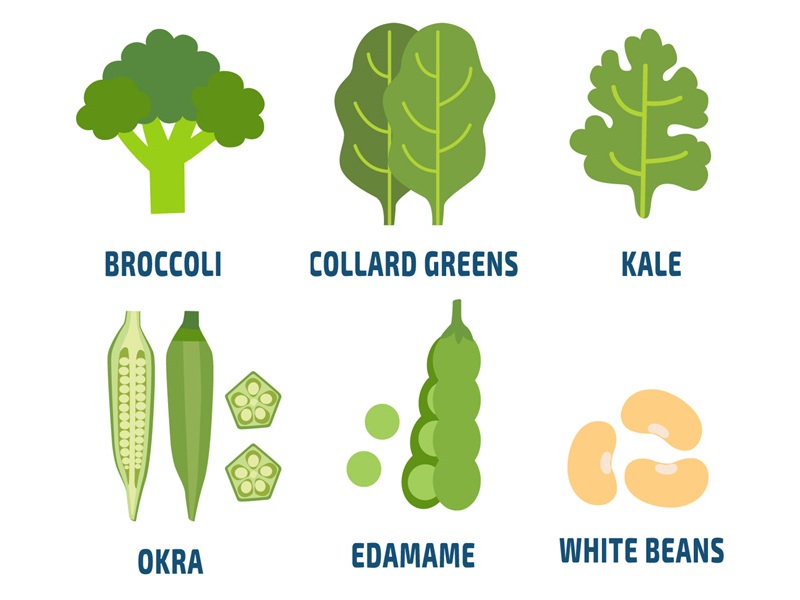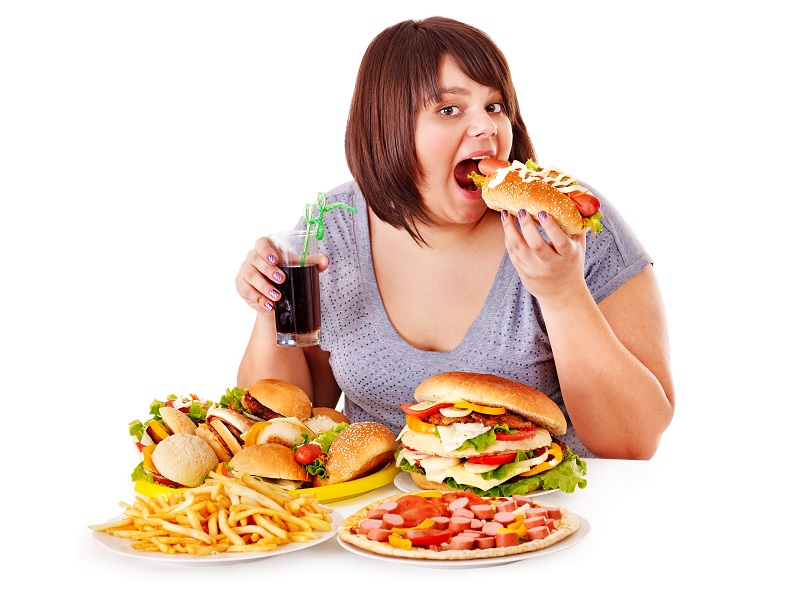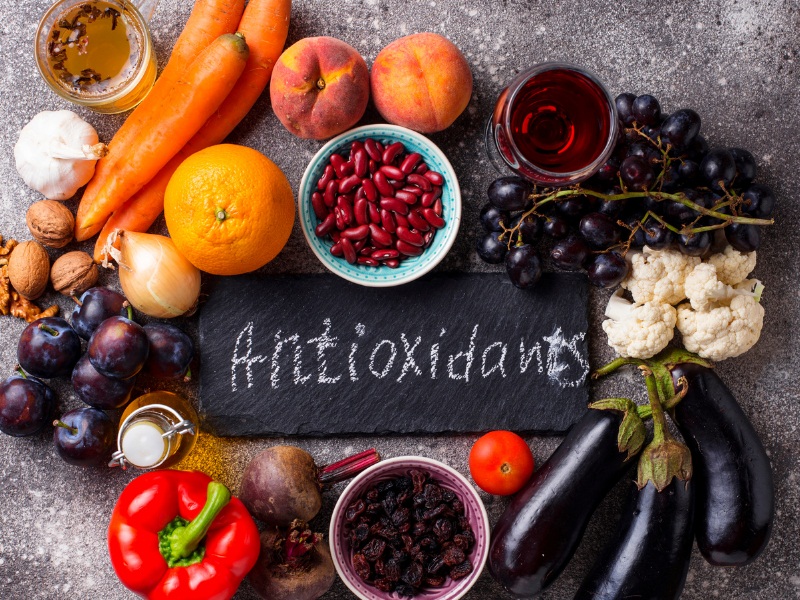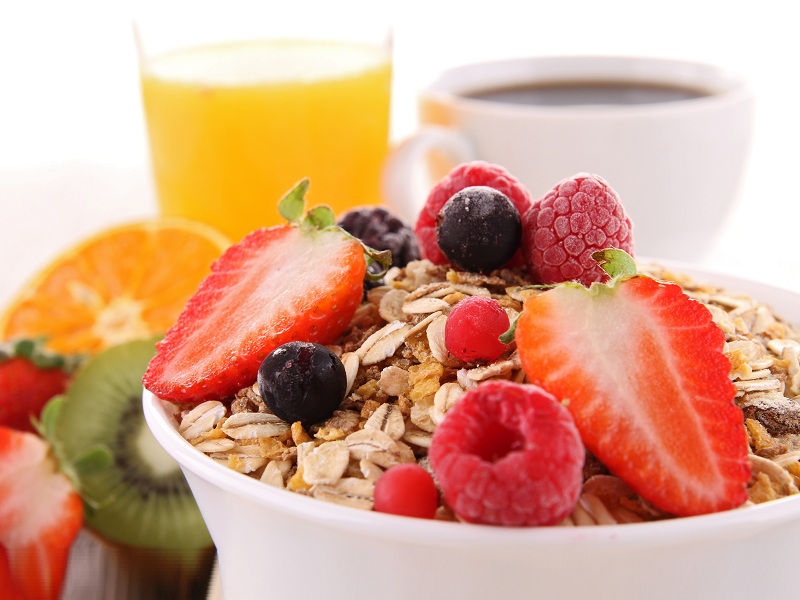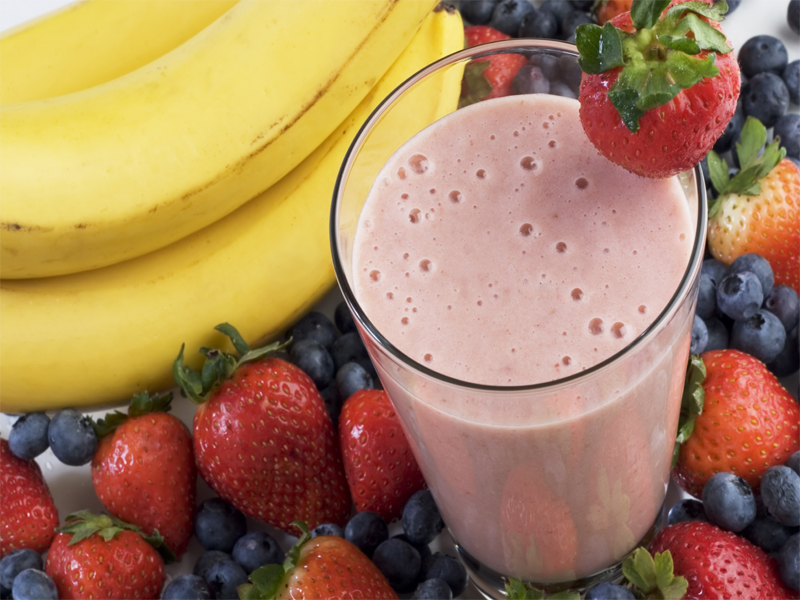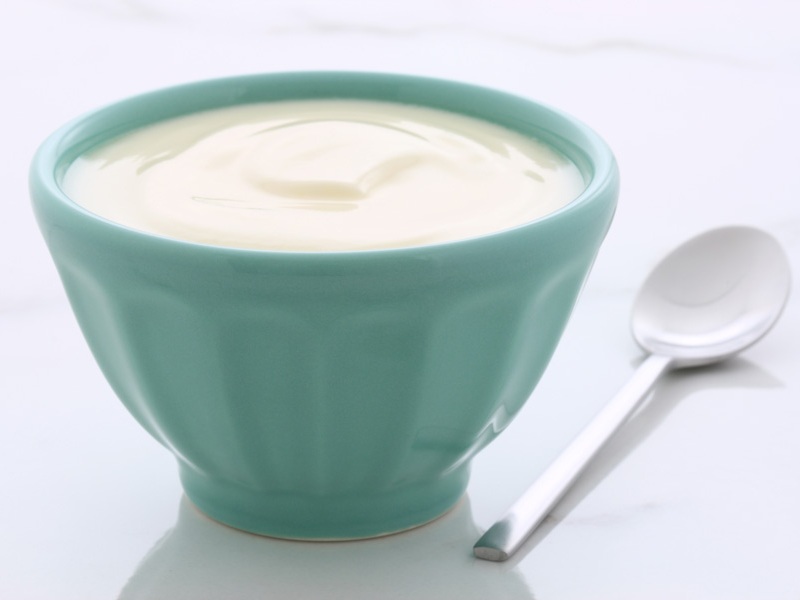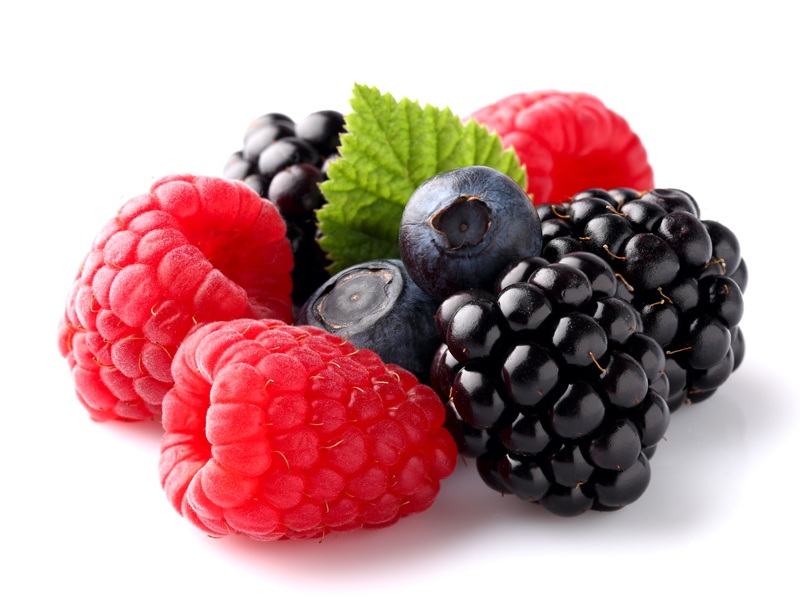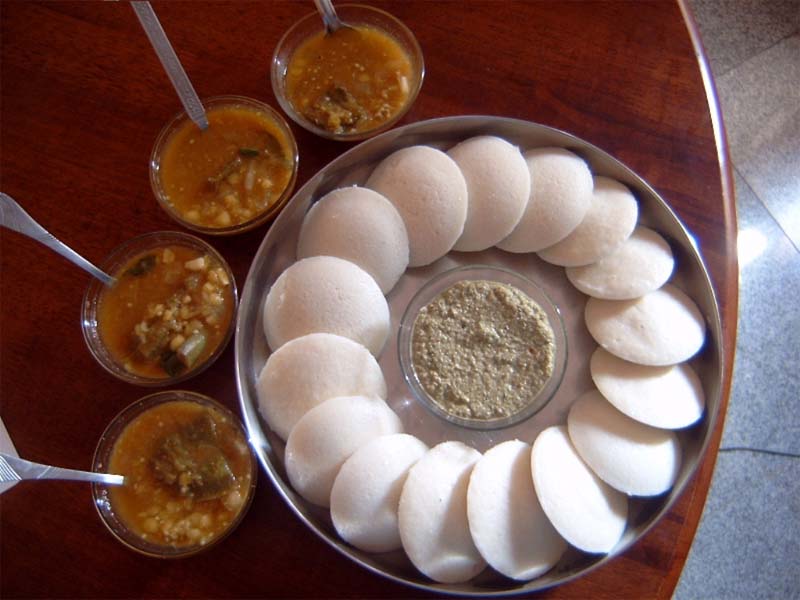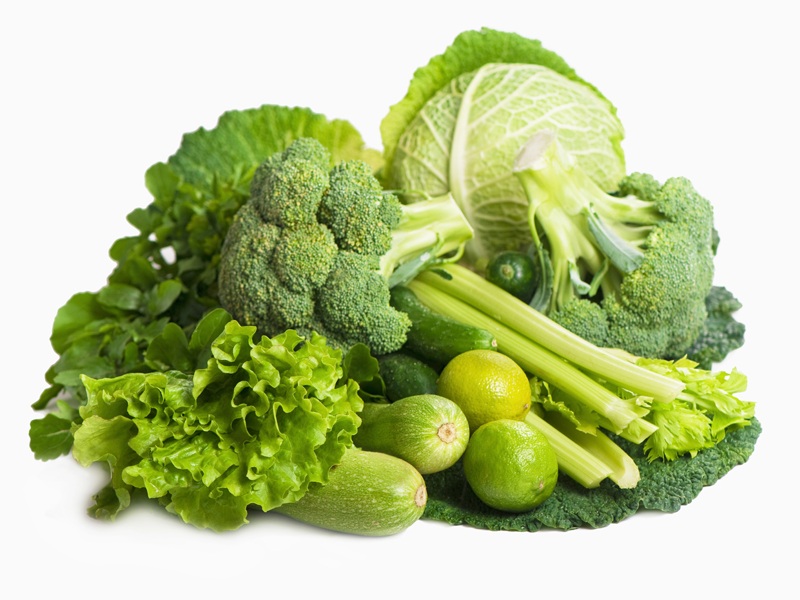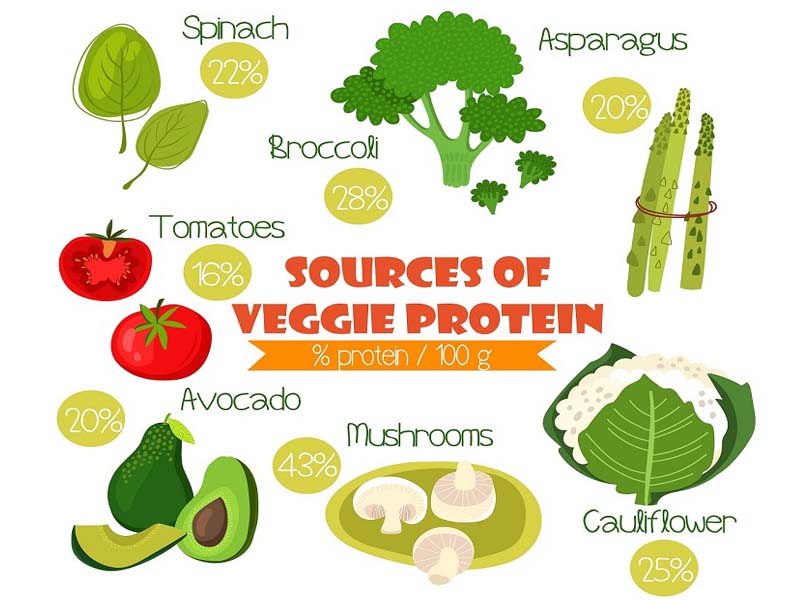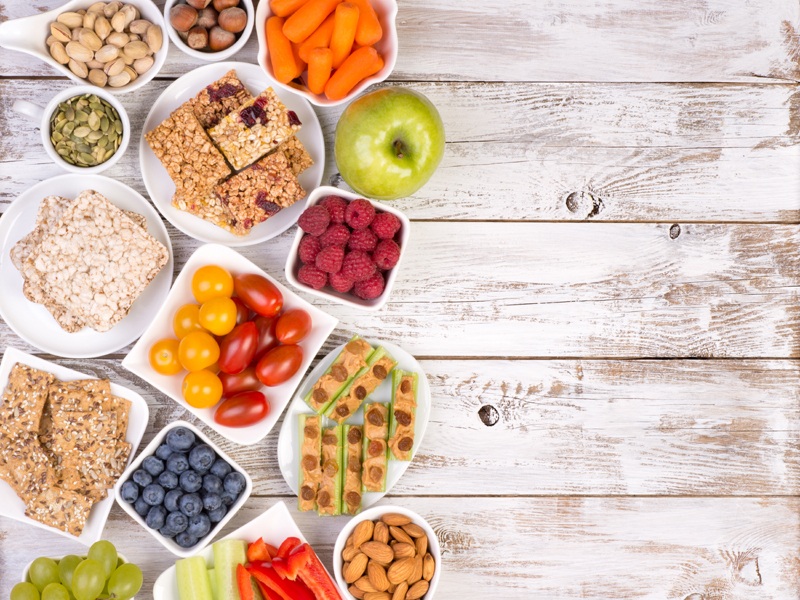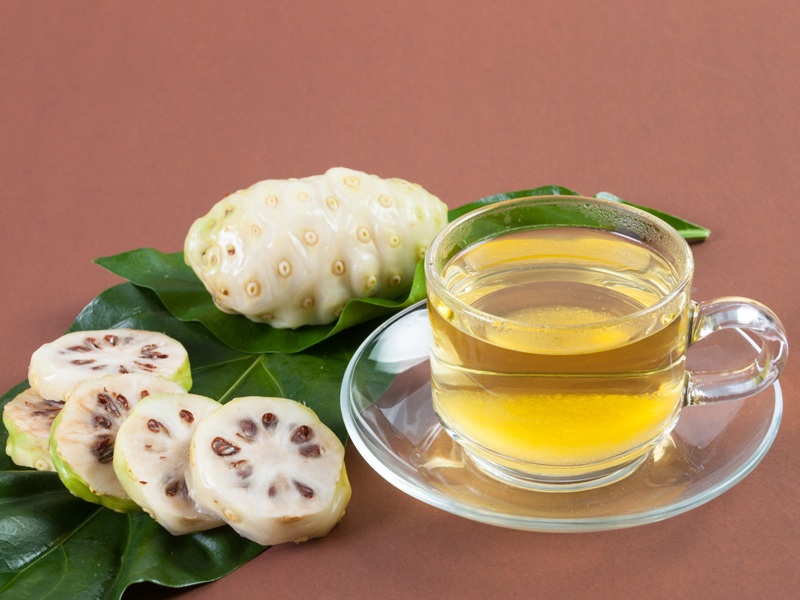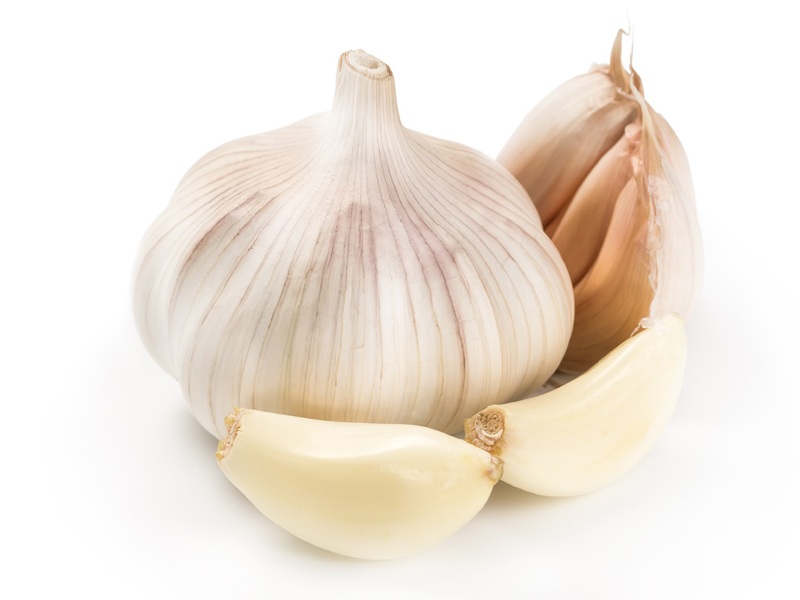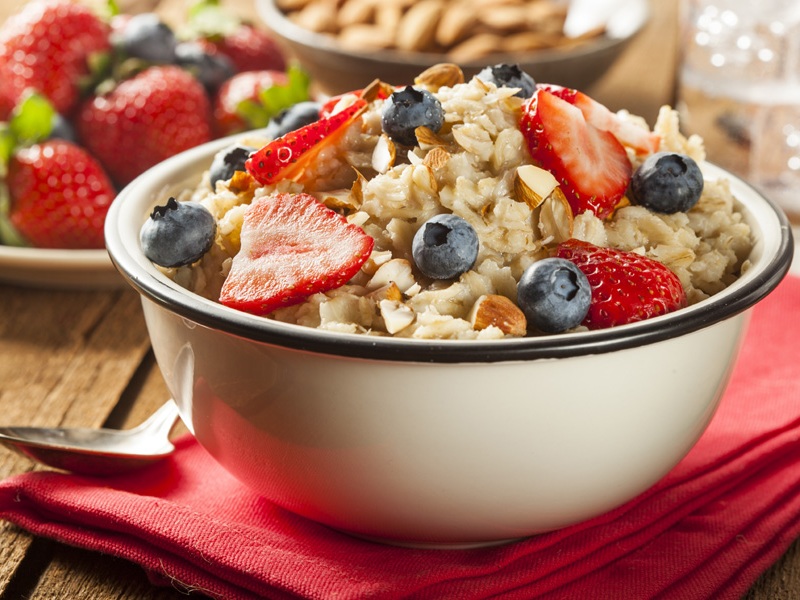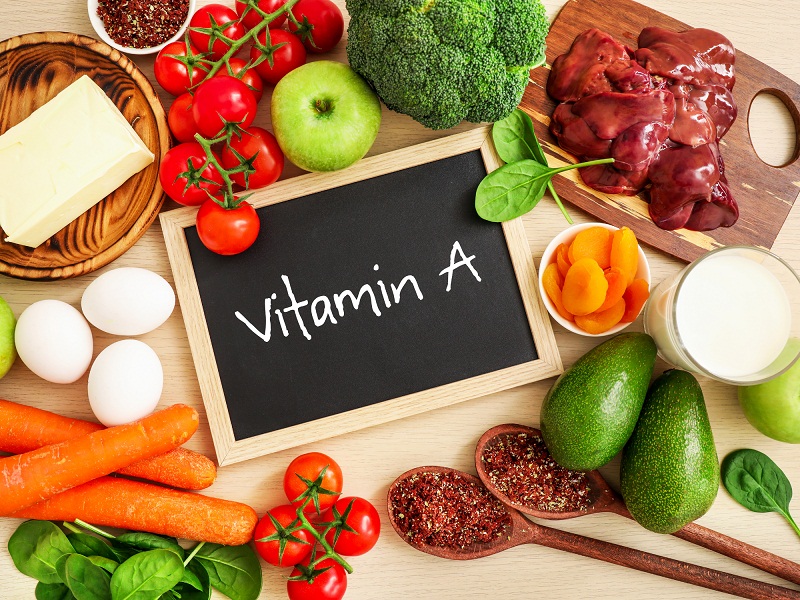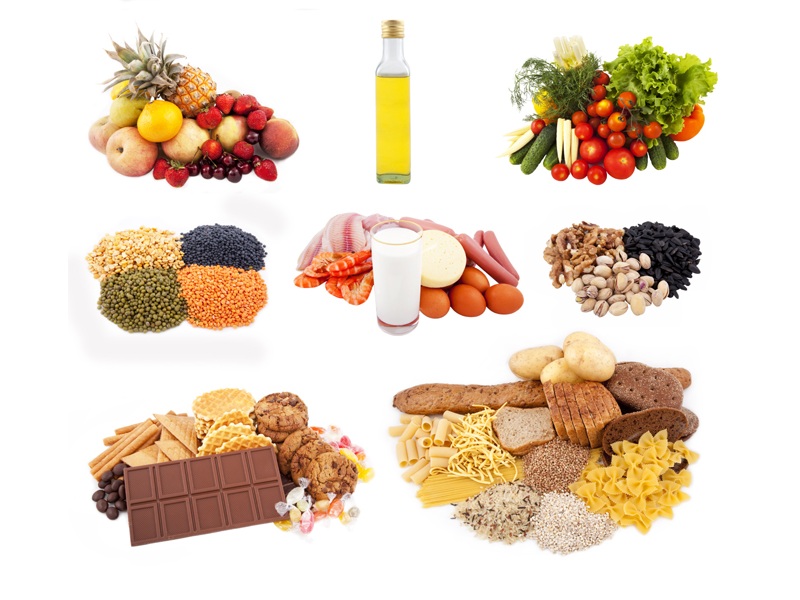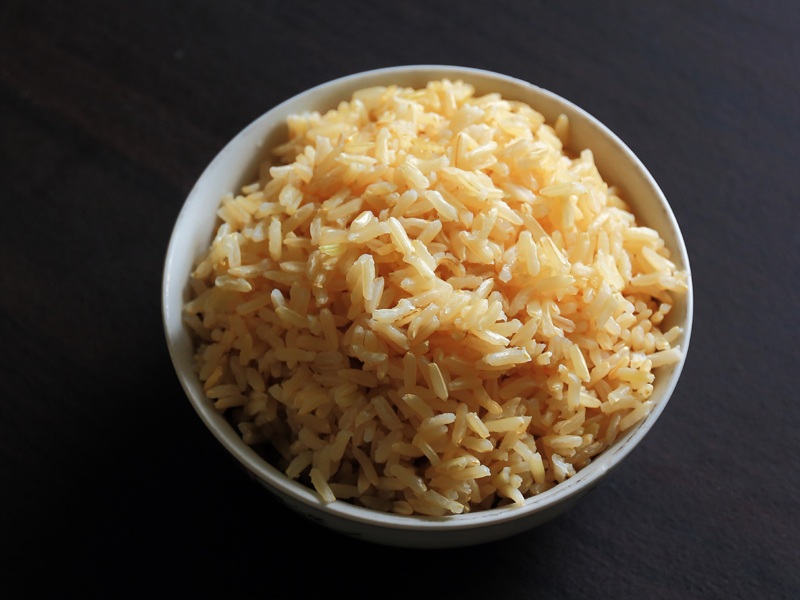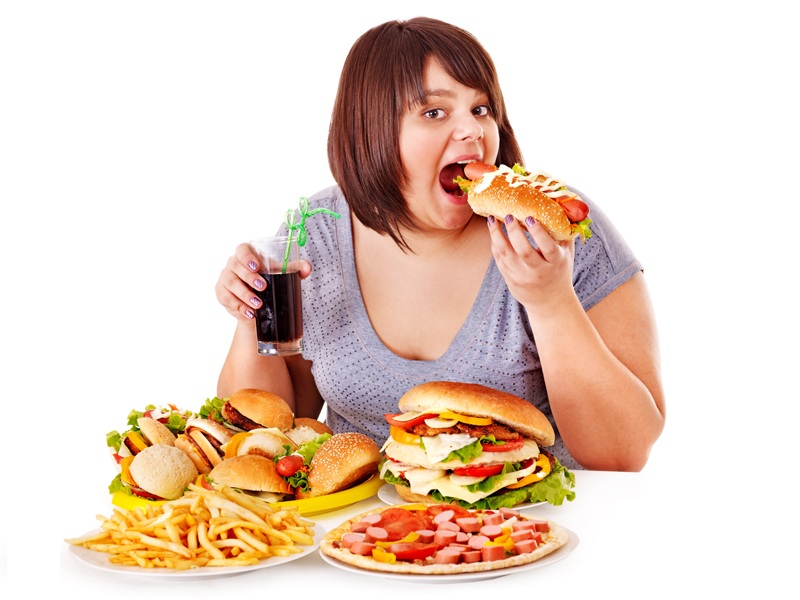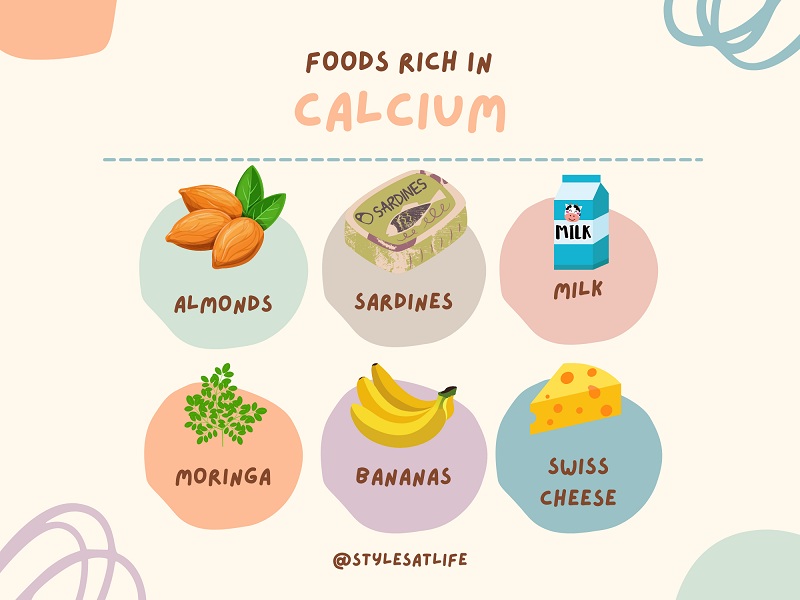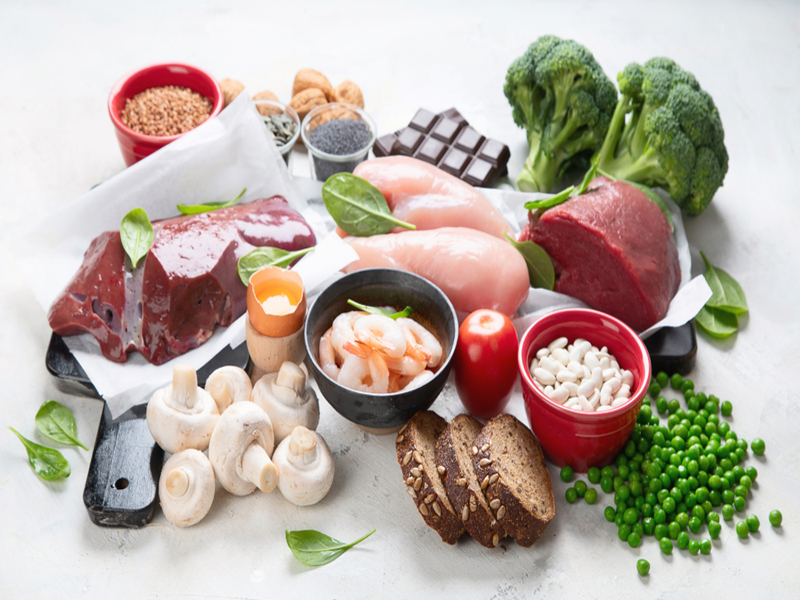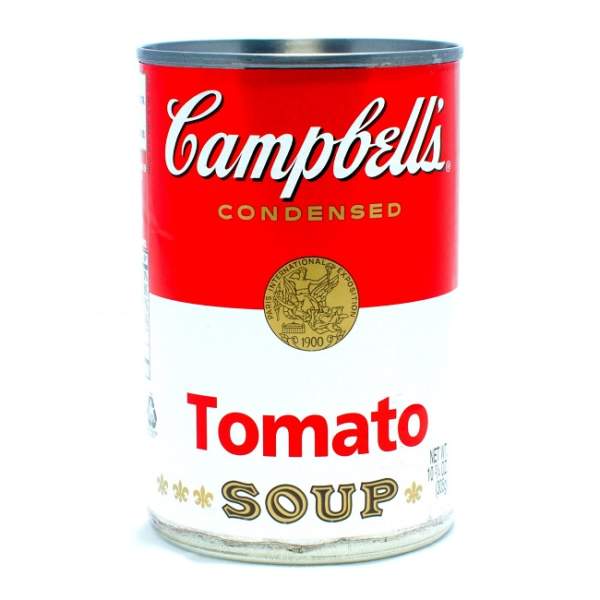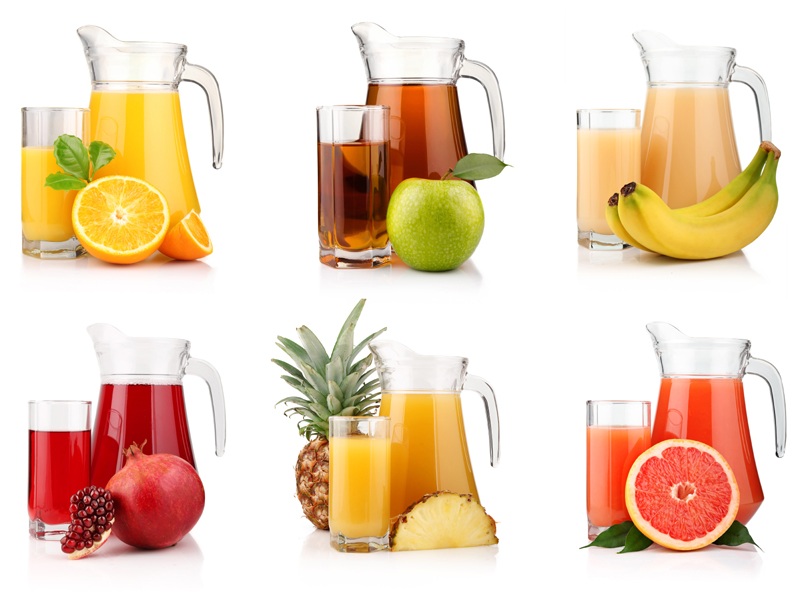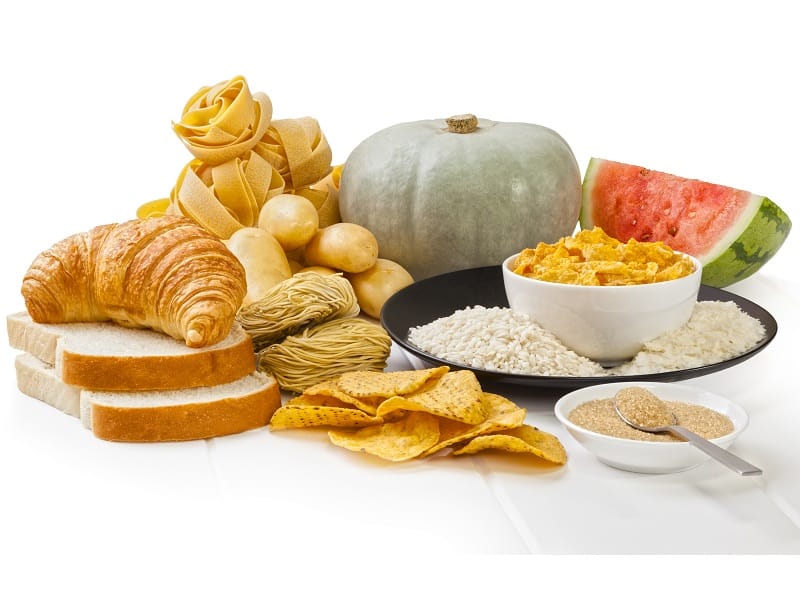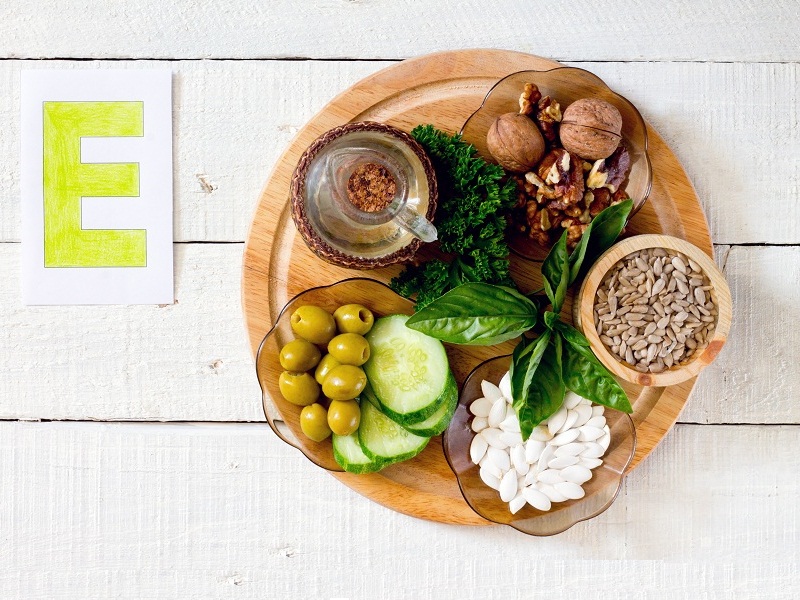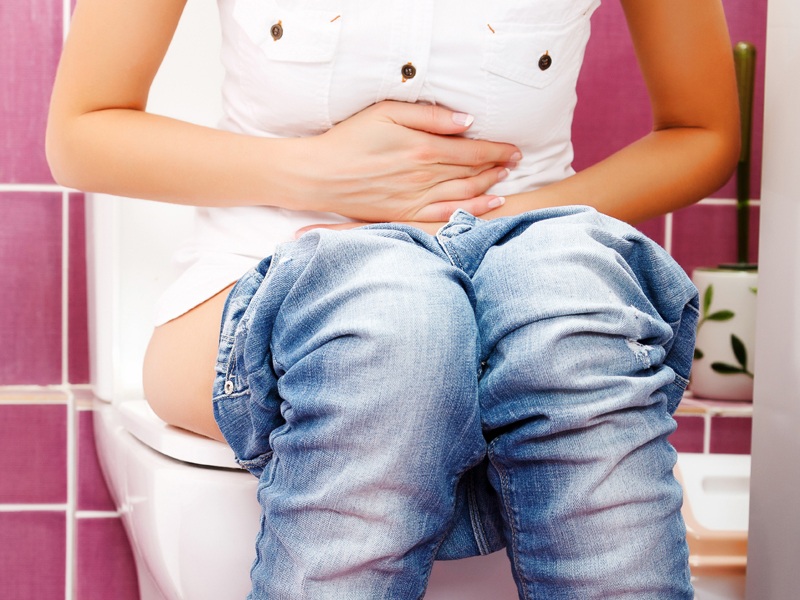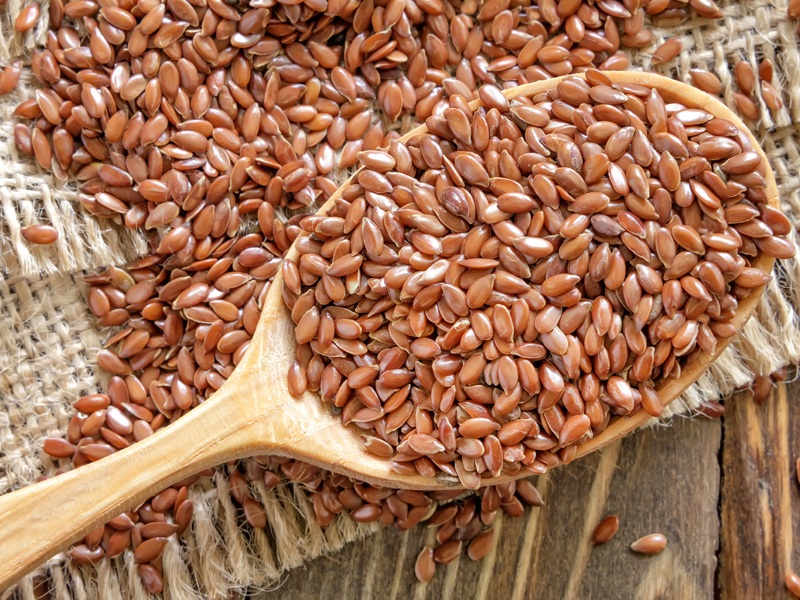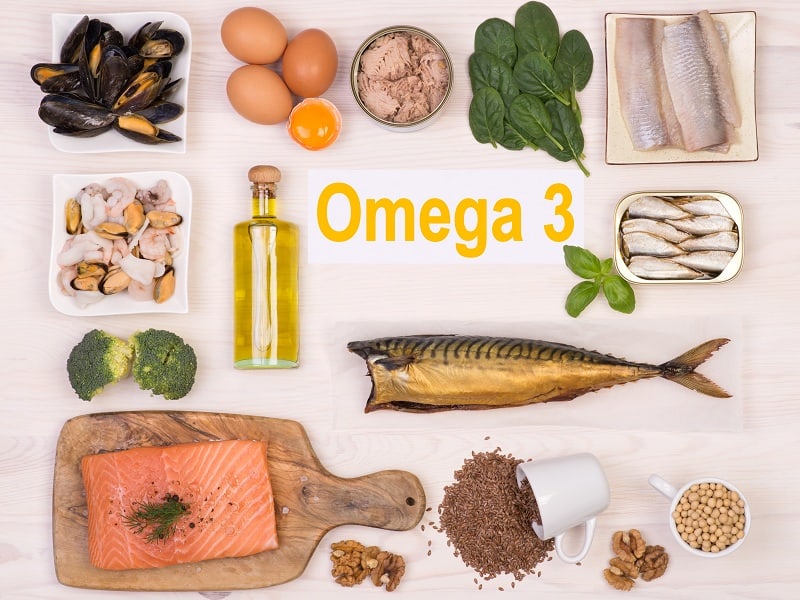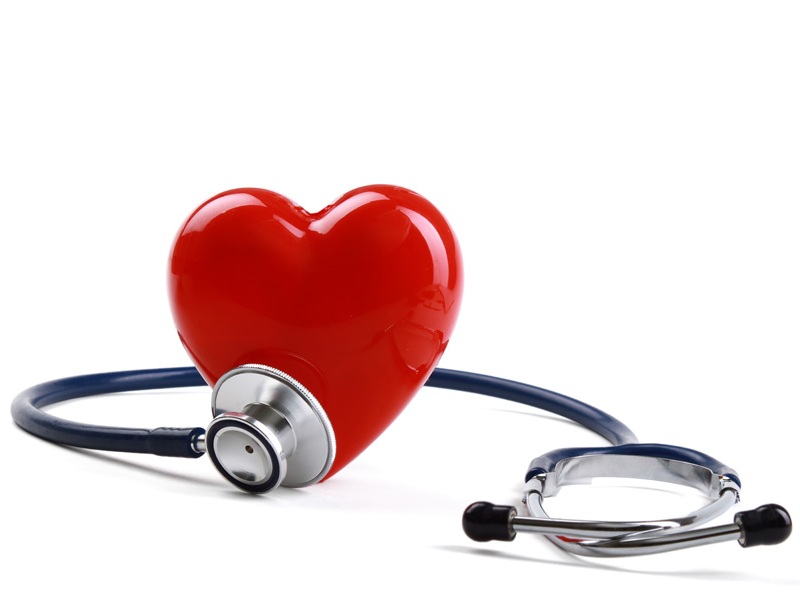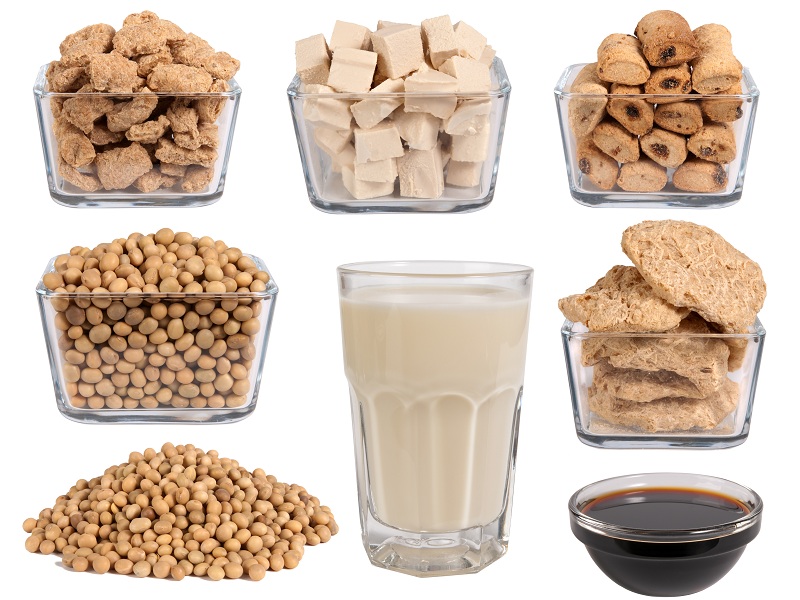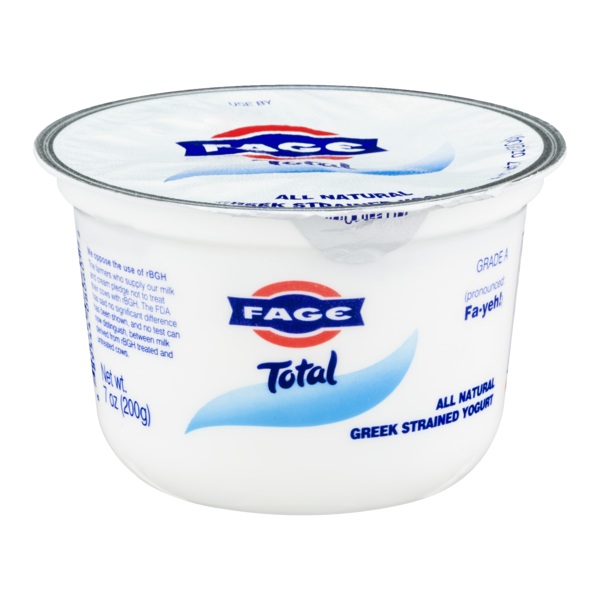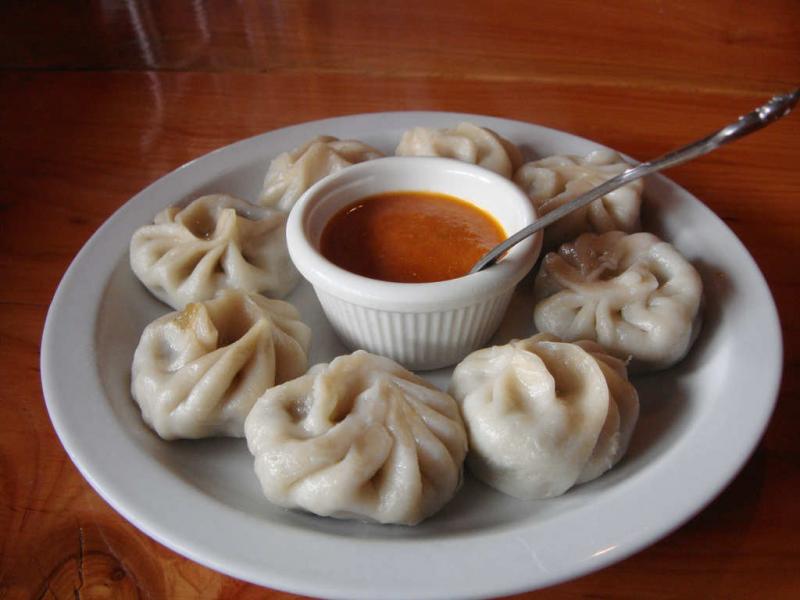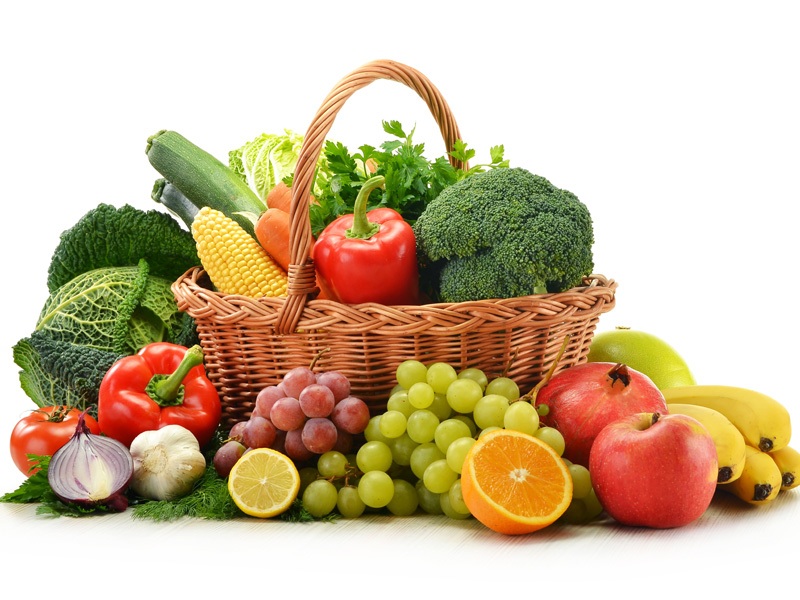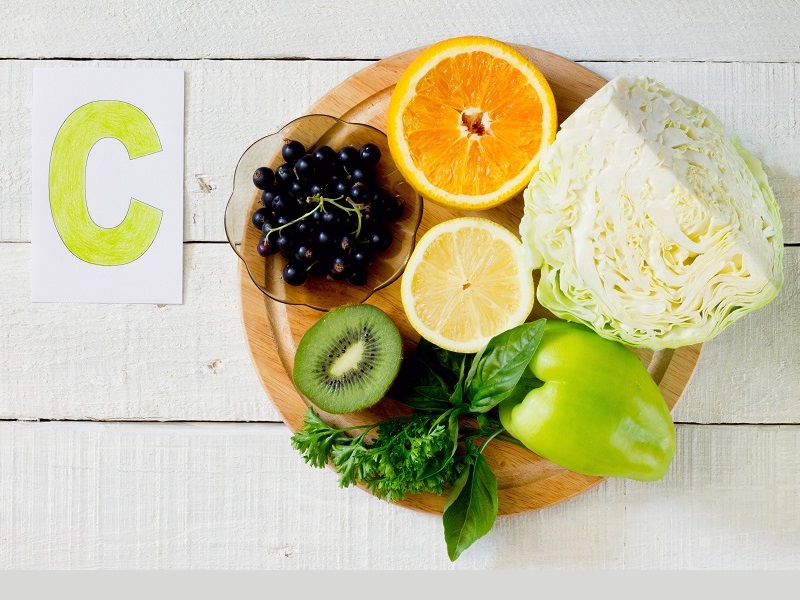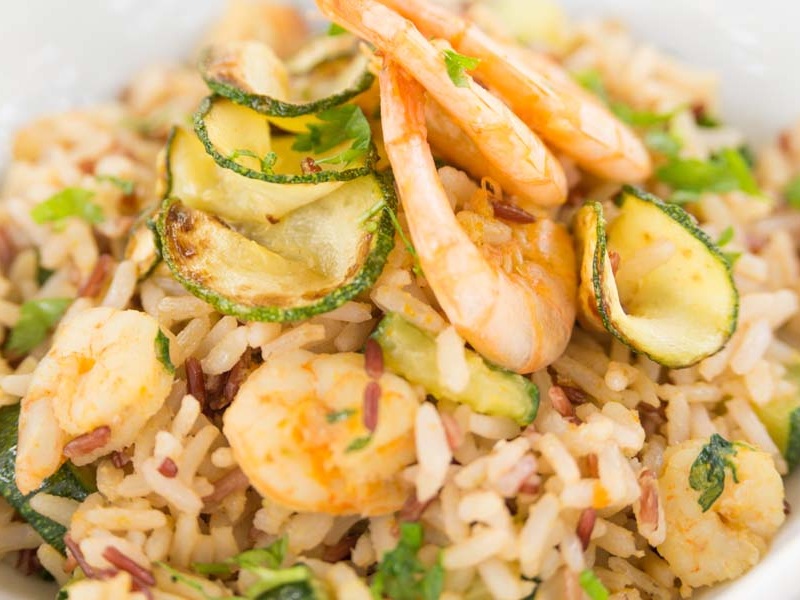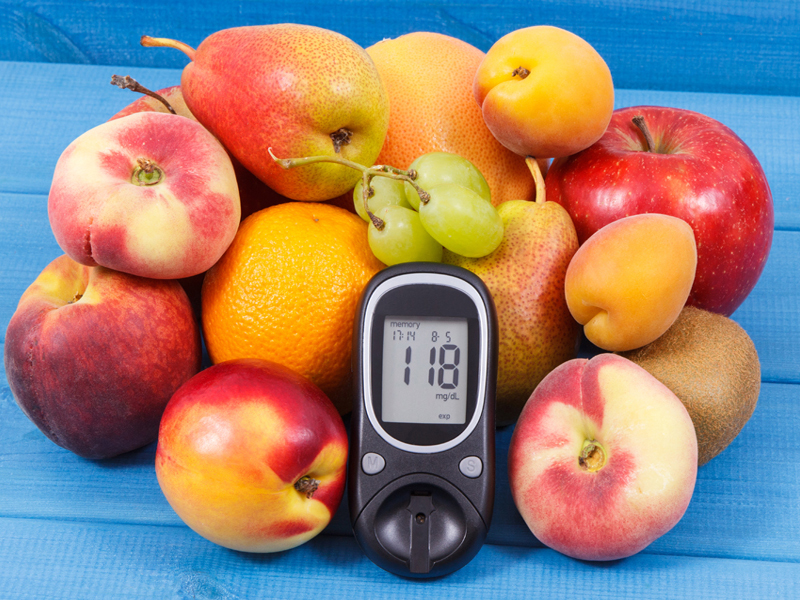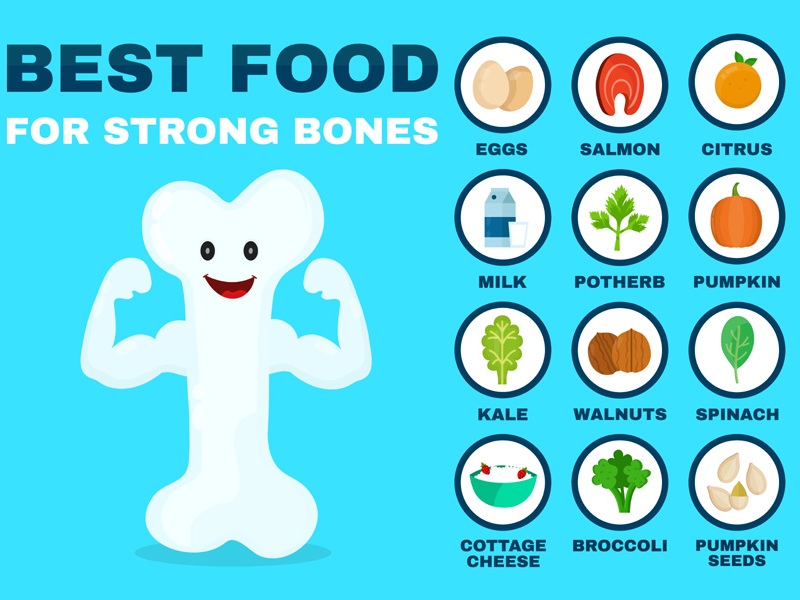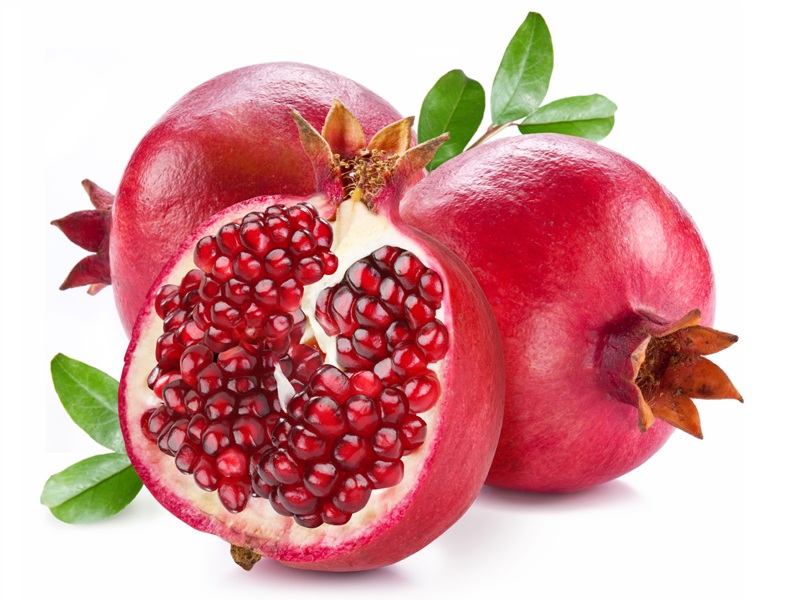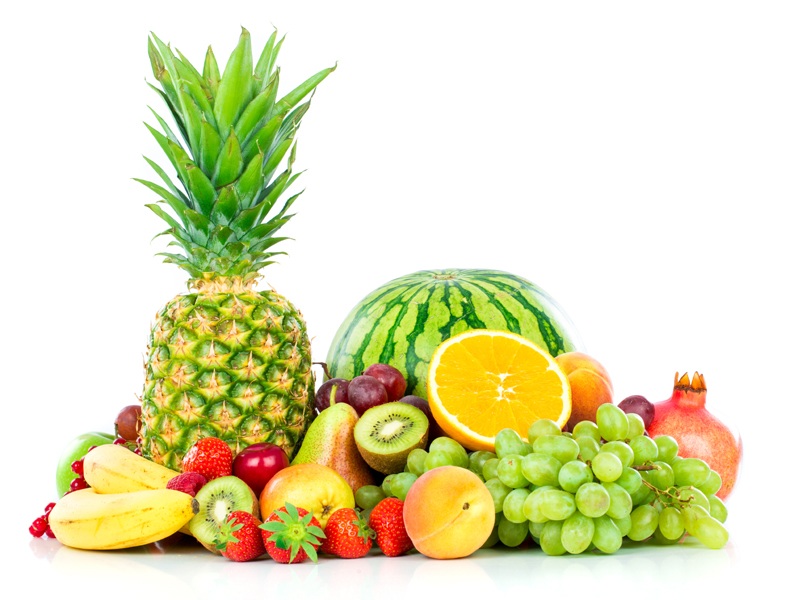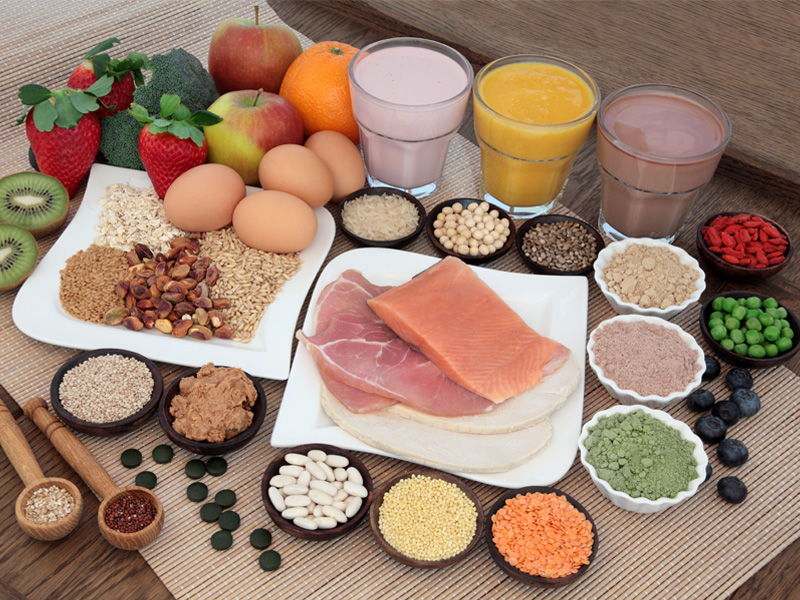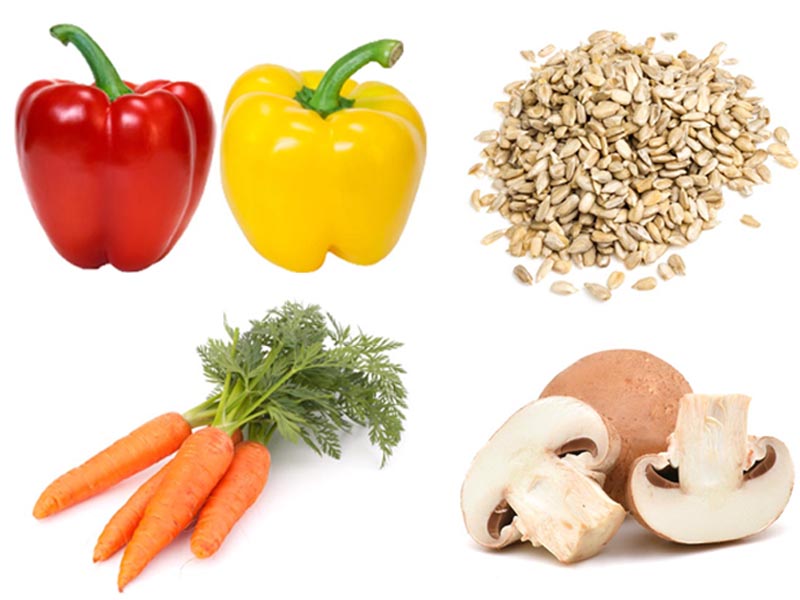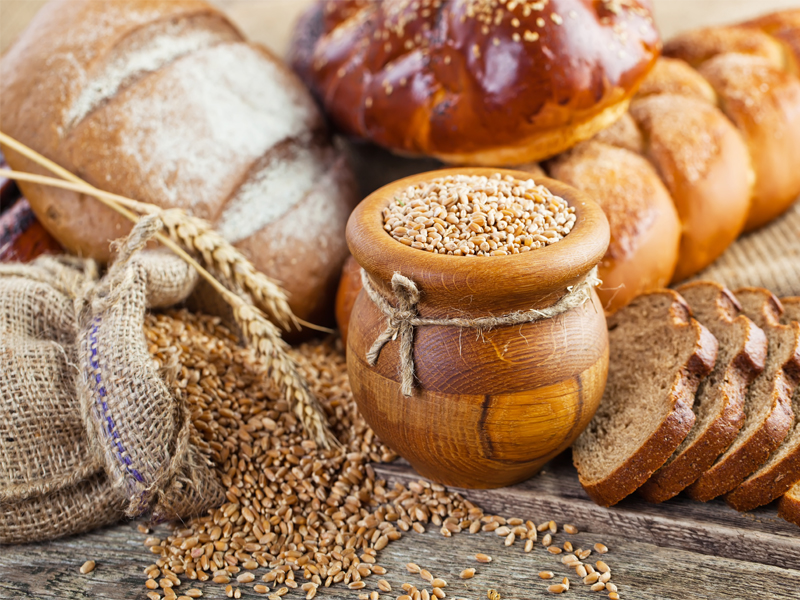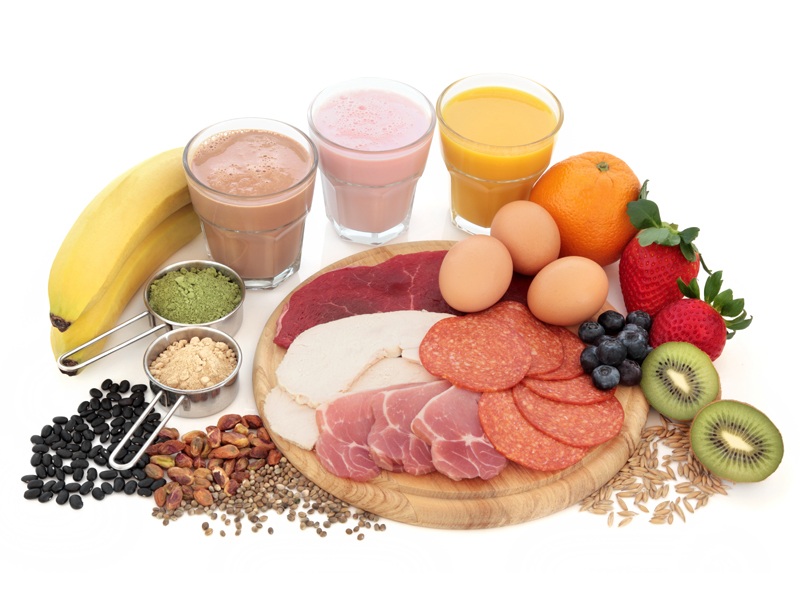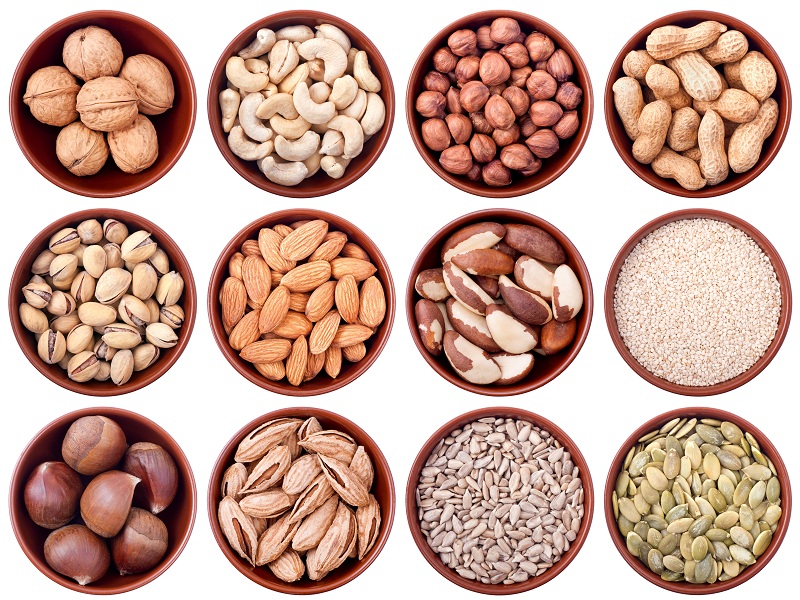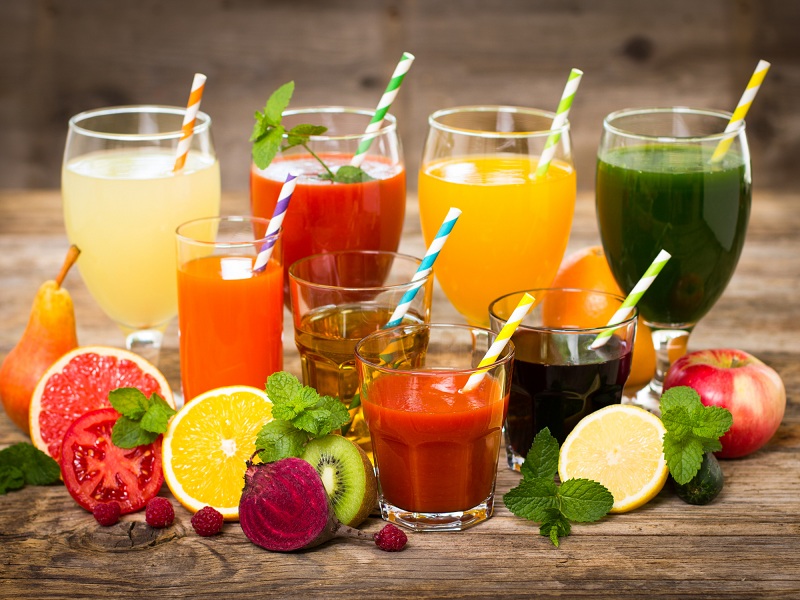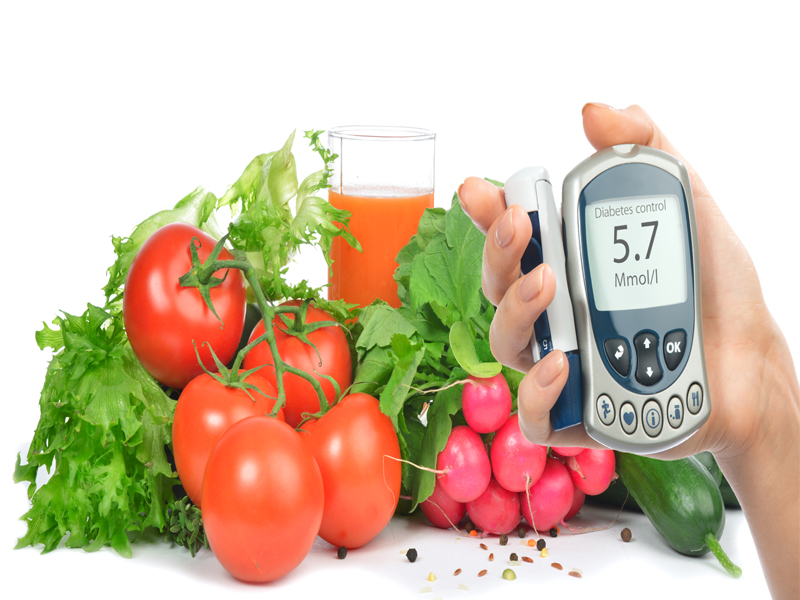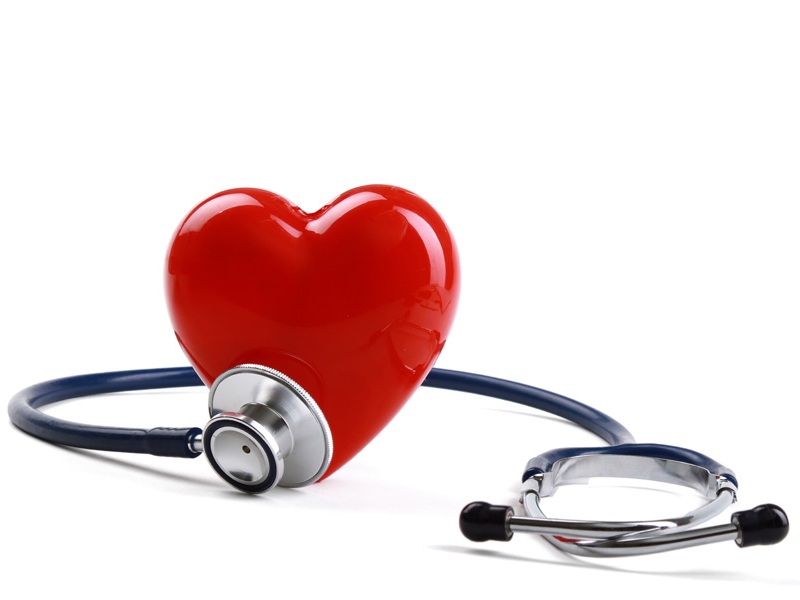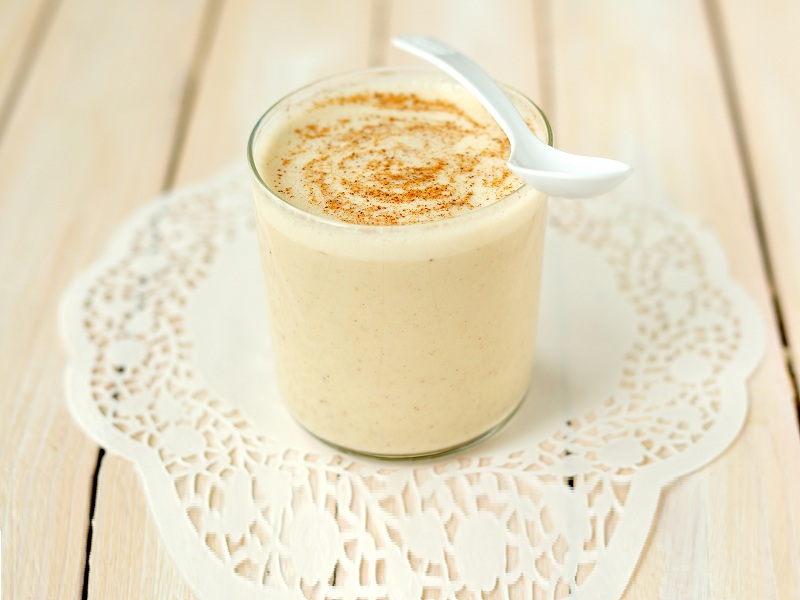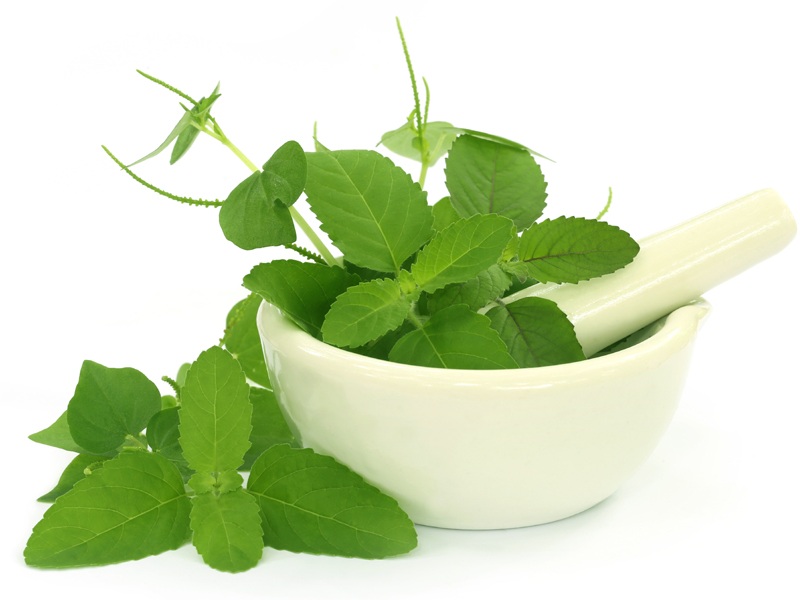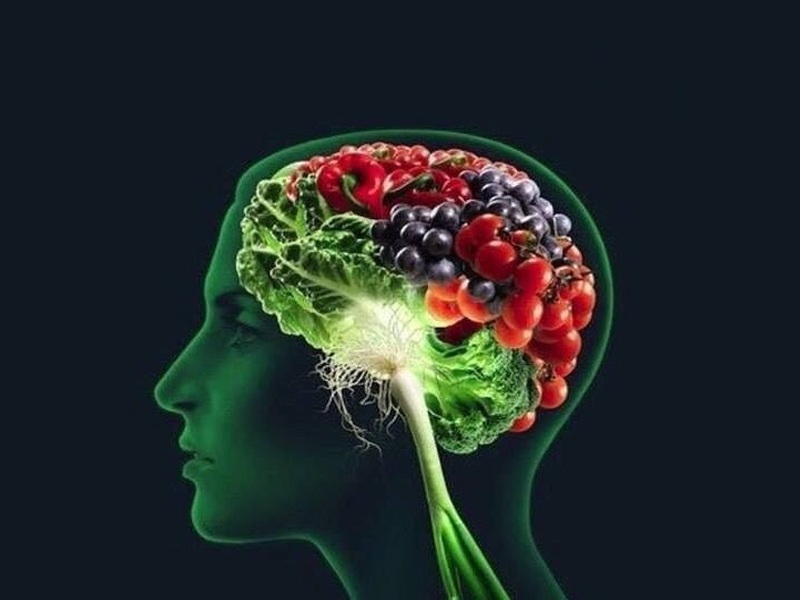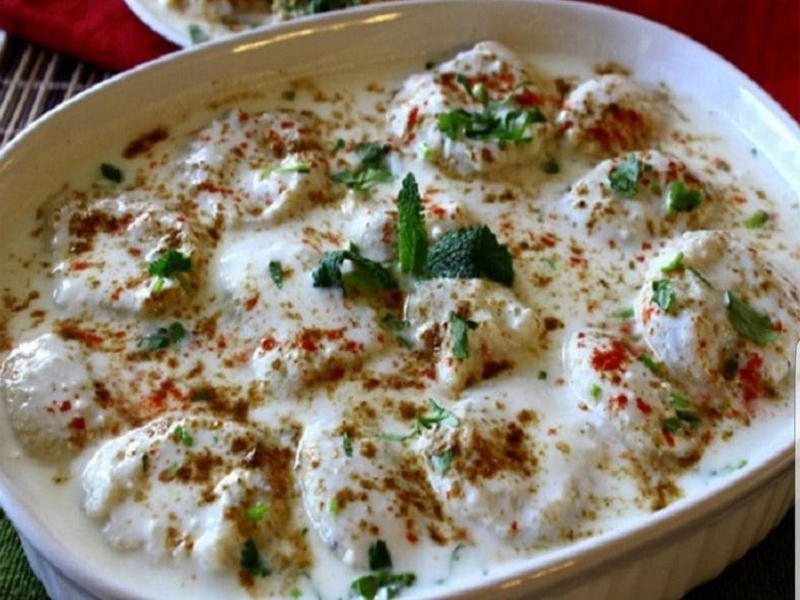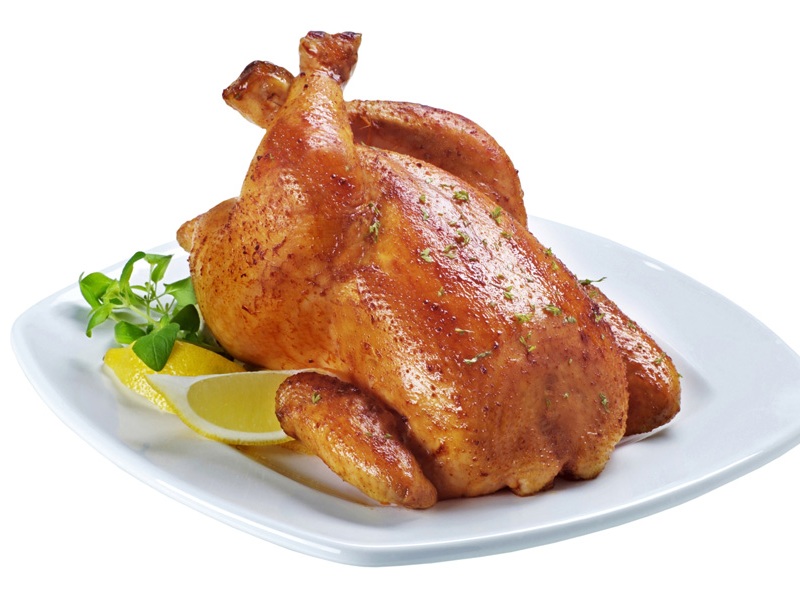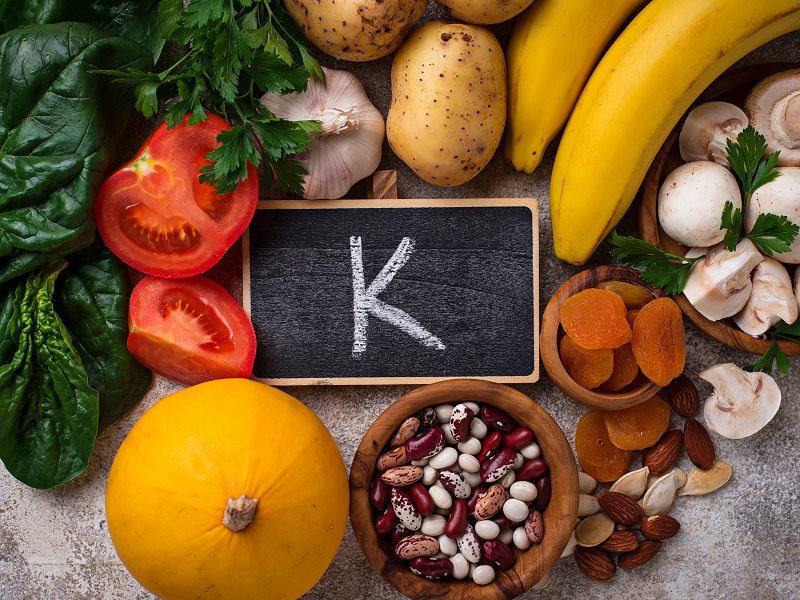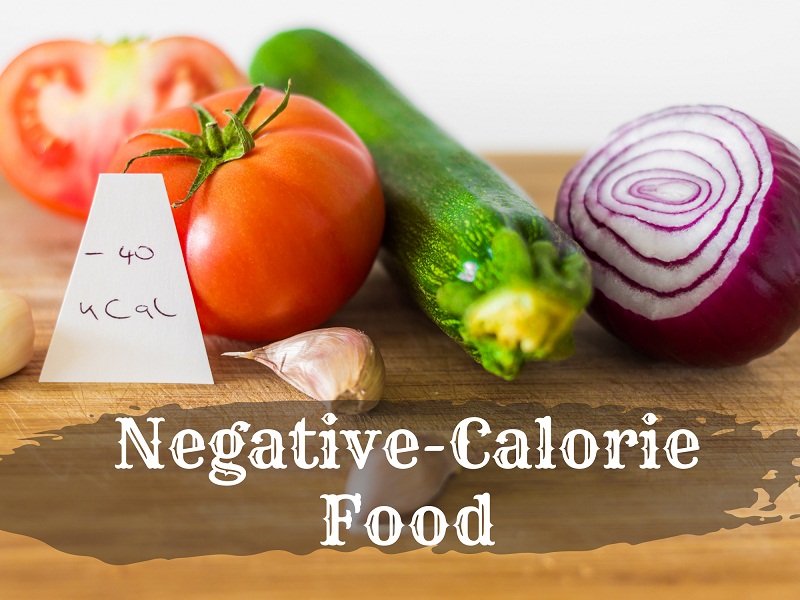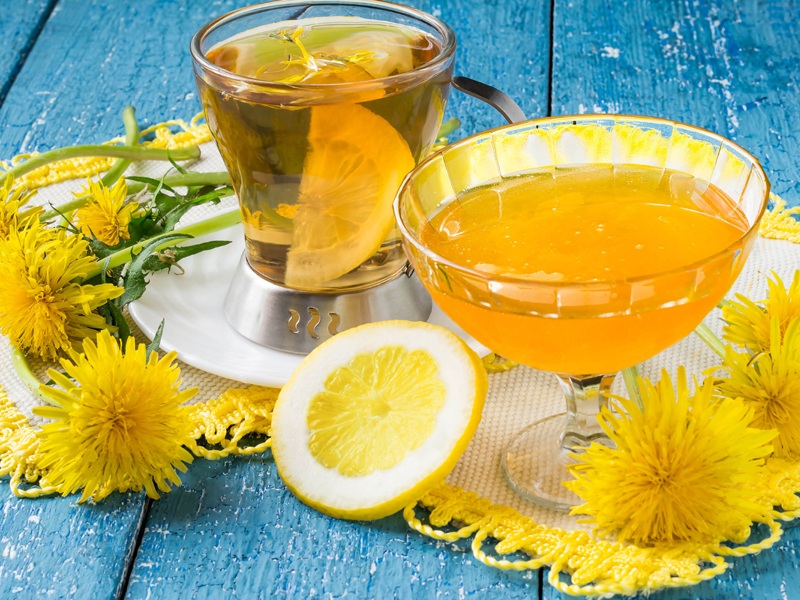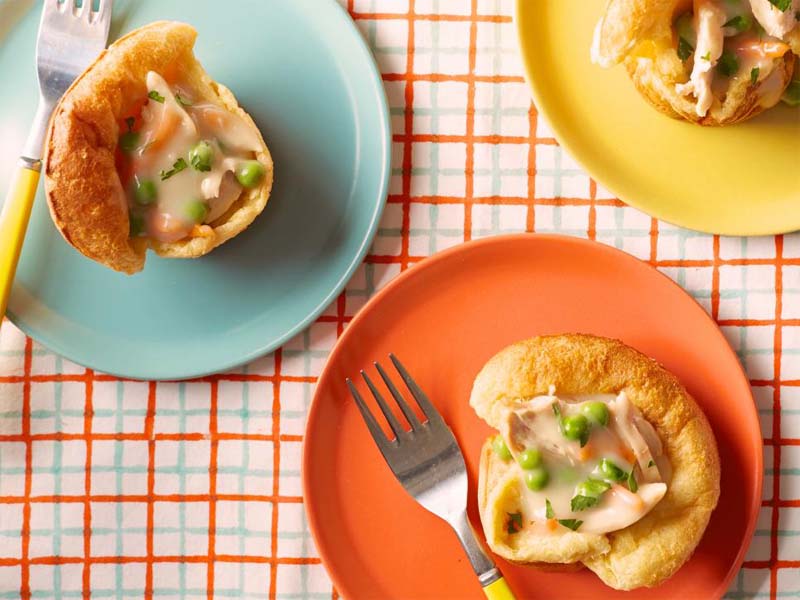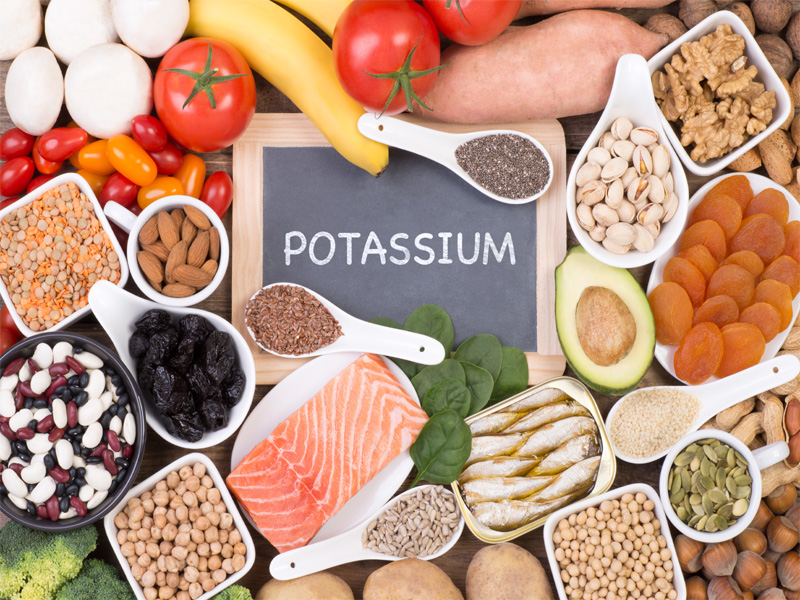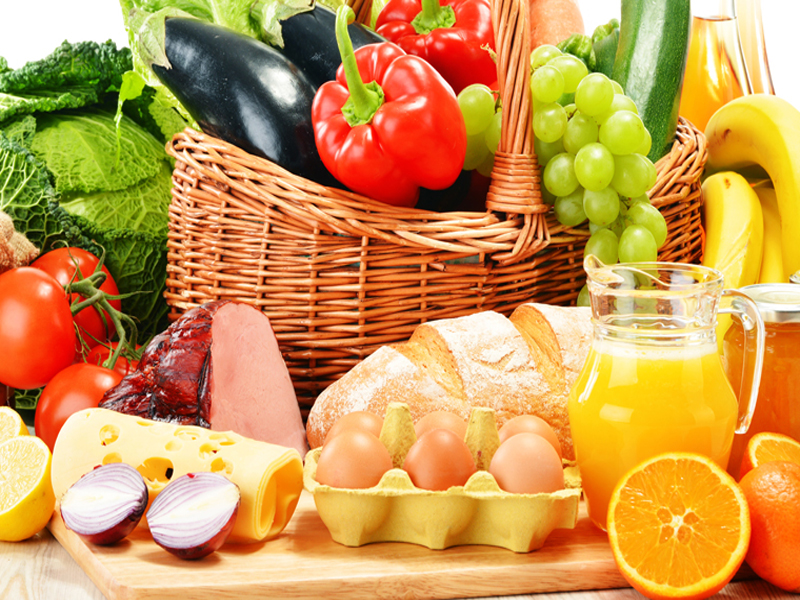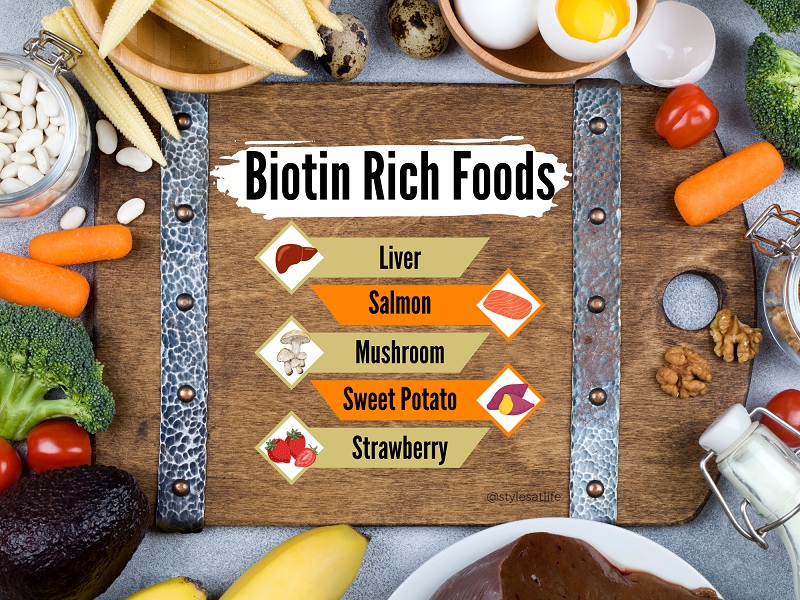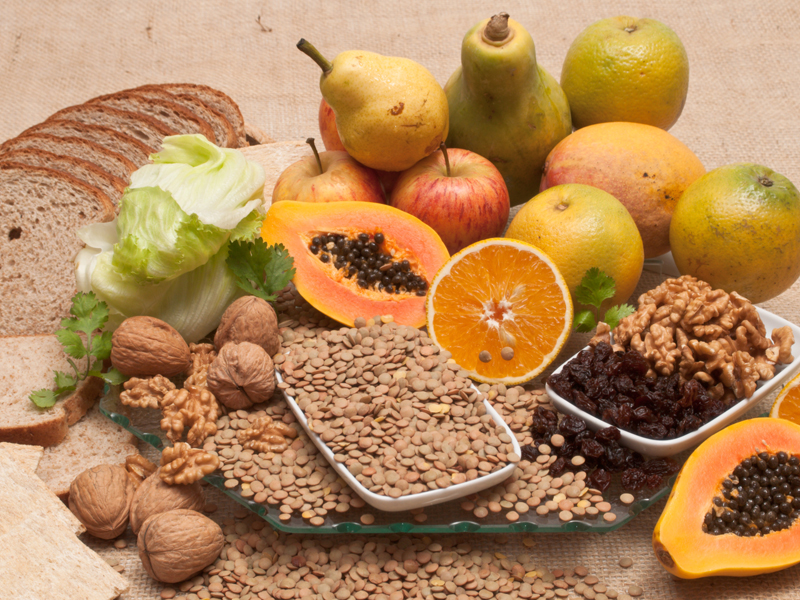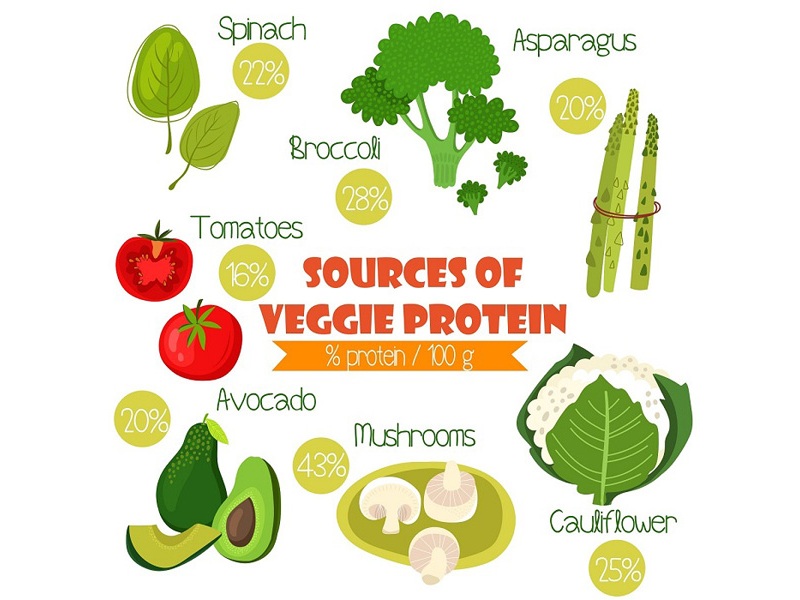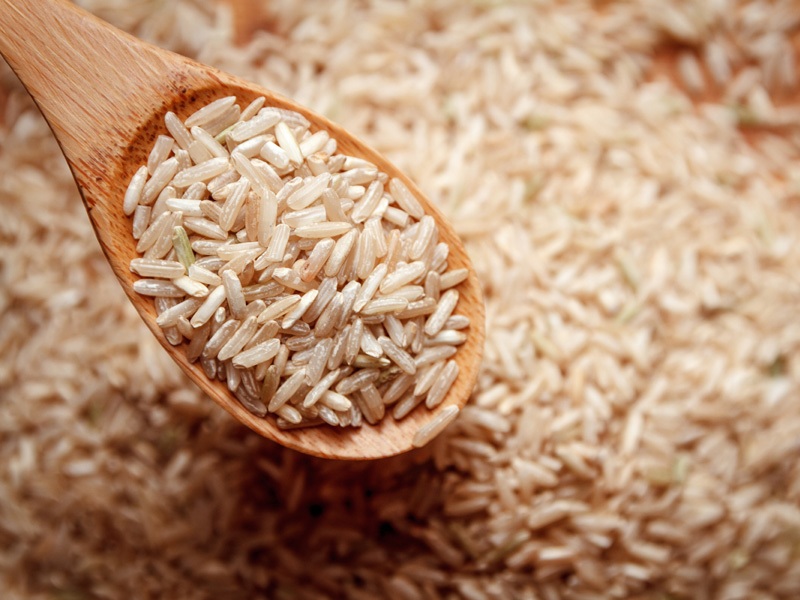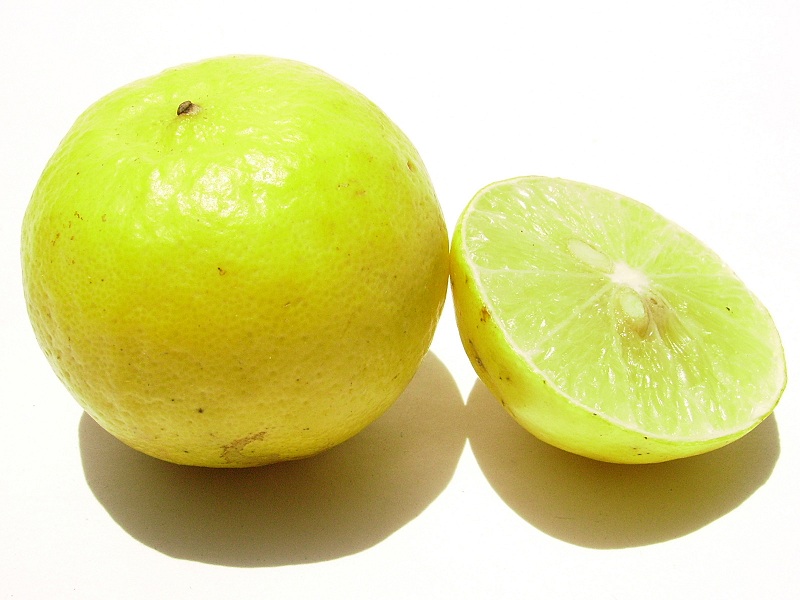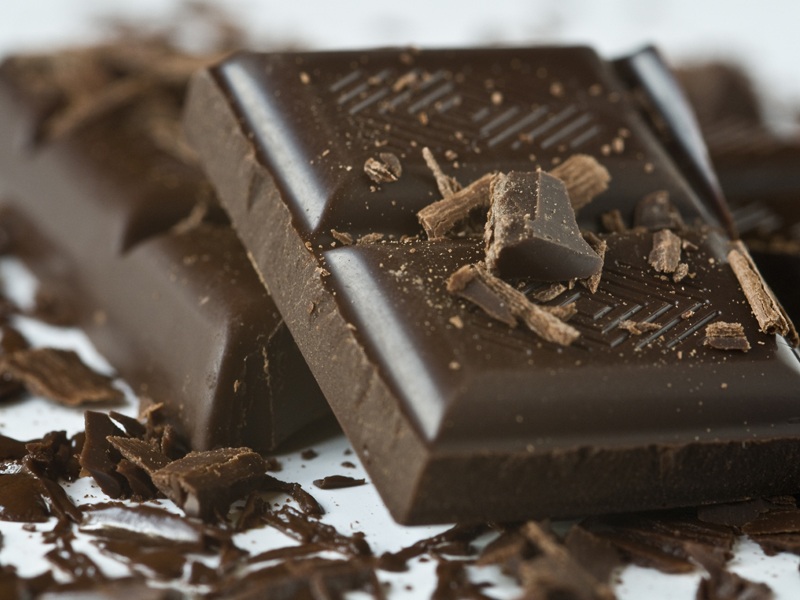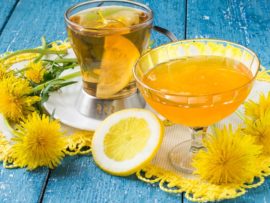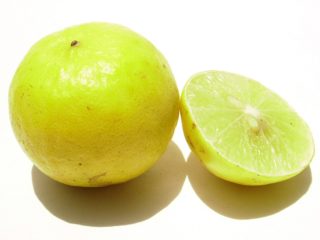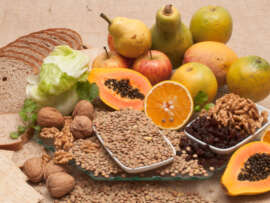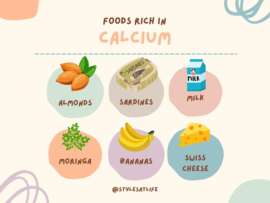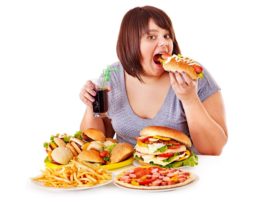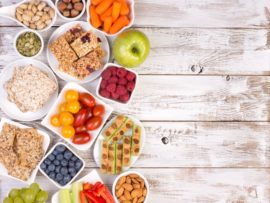Iodine is an important mineral for proper development and functioning of your body. As the body cannot produce iodine on its own, it depends on iodine rich food sources. Insufficient iodine consumption causes health conditions like hypothyroidism, goiter, hair loss, fatigue etc. Regularly eating foods high in iodine is very essential to maintain a healthy body and prevent diseases. Let us understand iodine deficiency in detail and look at the some top foods with iodine, that help to balance iodine levels in our body.
What is Iodine Deficiency?
The Iodine absorbed by the body from the food we eat is mostly used by the thyroid gland to synthesize thyroid hormones. These hormones are vital for regulating important body functions like growth, heart rate, nerve function, etc. Insufficient iodine consumption leads to iodine deficiency, leading to inefficient metabolism, retarded development etc.
Iodine deficiency in children, toddlers, infants, lactating women and pregnant women can be a major health concern as thyroid hormones are responsible for development and growth of major systems in the body, especially the brain. Prolonged deficiency is found to cause mental retardation, intellectual disabilities, stunted growth, irreversible brain damage etc. in unborn babies and children.
Read: Foods That Are High In Biotin To Include In Your Diet
Symptoms of Iodine Deficiency:
Our body throws various signs to indicate iodine deficiency, let us look at some of them:
- Swelling of the front of the neck caused due to enlargement of the thyroid gland. This condition is called a goiter.
- Insufficient iodine causes low levels of thyroid hormones or hypothyroidism.
- Thyroid hormones control metabolic activities. Low thyroid hormones cause slow metabolism and weight gain.
- Slow-down of metabolic activities that convert food into heat, making you feel colder easily.
- As thyroid hormones help in the growth of new hair and skin cells, low levels of these hormones cause hair loss and dry skin.
- Decreased thyroid hormones affect brain development, learning abilities and memory.
- Reduced heart rate which causes fatigue and dizziness.
- Low energy levels in the body resulting in severe weakness and fatigue.
Recommended Daily Allowance of Iodine:
The amount of iodine we need per day depends on our age and stage of life. Let us look at the average daily requirement of iodine in various age groups(1).
- For babies just born to 6 months – 110 mcg.
- For infants between 7-12 months – 130 mcg.
- Children between 1-8 years – 90 mcg.
- Children between 9-12 years – 120 mcg.
- For teenagers and adults– 150 mcg.
- For pregnant women – 220 mcg.
- For breastfeeding moms – 290 mcg.
Top Iodine Rich Foods List Available In India:
Here are our 20 best natural foods with iodine. Let’s have a look into them.
1. Iodized Salt:
The most failsafe way of assuring iodine nourishment is through fortified iodized salt. Fortified iodine or iodized salt is enriched with iodine mineral, making it a very effective way of relieving iodine deficiency(2).
- Serving Size: 1/4th teaspoon of fortified iodine salt.
- Micrograms of Iodine: 71 mcg.
- Daily Value: 41%.
2. Boiled Eggs:
Hard-boiled eggs are a good source of iodine and are consumed regularly across the world. Eggs are also rich in lean proteins, fats and various nutrients like calcium, zinc, vitamin A, vitamin D etc. A lot of these nutrients, including iodine, are present in the egg yolk. Most people tend to discard egg yolks underestimating its nutritious value.
- Serving Size: One large egg.
- Micrograms of Iodine: 24 mcg.
- Daily Value: 16%.
Read: Foods That Increase Iron Levels Naturally
3. Tuna Fish:
Seafoods are, generally, rich sources of iodine. And tuna fish is a highly nutritious iodine-rich food. Most people consume tuna fish for their high protein and low-calorie value. It is also rich in various vital vitamins and minerals like iron, potassium and vitamins B. Tuna is also a fatty fish famous for its high omega-3 fatty acids content. Though tuna is relatively low on iodine, compared to other seafoods (due to its high-fat content), it is considered one of the healthy iodine sources.
- Serving Size: Three ounces.
- Micrograms of Iodine: 17 mcg.
- Daily Value: 11%.
4. Shrimp:
Shrimp is one of the best natural seafood sources of iodine. Shrimp is also high in proteins and essential minerals like calcium, phosphorus, selenium etc., and vitamins like vitamin B12(3). Shrimp is low in calories, so it can be included in your diet regularly.
- Serving Size: 3 ounces.
- Micrograms of Iodine: 35 mcg.
- Daily Value: 23%.
5. Baked Turkey Breast:
Turkey is not a just a delicious dish eaten on Thanksgiving, but it is also a healthy food packed with various essential minerals and nutrients like iodine, potassium, phosphorus and vitamins B. Baked turkey breast is a nutritious and healthy iodine rich food. It is also high in protein.
- Serving Size: 3 ounces.
- Micrograms of Iodine: 34 mcg.
- Daily Value: 23%.
6. Raw Milk:
Milk is a highly nutritious and rich source of iodine. It is also high in proteins and several essential vitamins and minerals like calcium, magnesium, iron, sodium, potassium, cobalamin, iodine, vitamin D, vitamin C, vitamin A, vitamin B6 etc. It is to be noted that the iodine present in milk comes from the cattle feed, hence the content of iodine may differ depending on the region and breeding of cattle.
- Serving Size: One cup.
- Micrograms of Iodine: 56 to 168 mcg.
- Daily Value: 59% to 112%.
7. Yoghurt:
All dairy products are a good source of iodine, but the amount may differ depending on the type of dairy product. Yoghurt or curd is consumed in most regions of the world regularly. Apart from iodine, yoghurt is also a rich source of proteins, calcium and various other essential nutrients that help build a healthy body.
- Serving Size: One cup of plain yoghurt.
- Micrograms of Iodine: 74 mcg.
- Daily Value: 50%.
8. White Bread:
White bread is most consumed in western countries as a primary source of carbohydrates. It is not only rich in various minerals and vitamins but is one of the primary sources of iodine. People who consume white bread every day can meet a part of daily iodine requirement.
- Serving Size: Two slices.
- Micrograms of Iodine: 45 mcg.
- Daily Value: 30%.
9. Cod Fish:
Cod is a low calorie but highly nutritious seafood which is one of the highest sources of iodine(4). Though the amount of iodine varies depending on the region and breeding water. It is also rich in proteins and essential nutrients like calcium, potassium, magnesium, vitamin E etc. It is also low in fats, so it is mild and delicious.
- Serving Size: Three ounces.
- Micrograms of Iodine: 63 mcg – 99 mcg.
- Daily Value: 42% – 66%.
10. Canned Corn:
Corn is one of the most common food sources of iodine in the world. Most cultures prepare various delicacies with corn using many different ingredients. It is eaten widely due to its nutrient content which supports the body with essential proteins, vitamins and minerals. A cup of canned corn can contribute to around 18% of the daily iodine requirement, along with essential nourishment.
- Serving Size: One cup.
- Micrograms of Iodine: 14 mcg.
- Daily Value: 9%.
Read: The Best Calcium Rich Foods To Eat
Top Iodine Rich Vegetables List:
Here we enlisted 5 best Iodine rich foods vegan. Let’s have a look into them.
1. Seaweed:
Seaweed is one of the highest vegetarian sources of iodine(5). Seaweed, especially dried seaweed, is used in most delicacies in some eastern countries for its rich content of vitamins, minerals and antioxidants. Regular consumption of seaweed would help combat iodine deficiencies very well. There are various types of seaweed like wakame, kombu kelp, nori etc., the iodine content does vary slightly with the type of seaweed, region and atmosphere it is taken from.
- Serving Size: One gram of dried seaweed.
- Micrograms of Iodine: 16 mcg – 2984 mcg.
- Daily Value: 11% – 1989%.
2. Lima Beans:
Lima beans are a highly nutritious food rich in iodine and several minerals and vitamins like folate, calcium, magnesium, potassium, copper etc. They are also high in protein and essential fibre making them a healthy iodine rich food choice. Lima beans are consumed popular for heart health, but they are also very good at relieving iodine deficiency.
- Serving Size: One cup of cooked lima beans.
- Micrograms of Iodine: 16 mcg.
- Daily Value: 10%.
3. Green Peas:
Green beans like peas are very nutritious and rich in iodine. Green peas are usually consumed for their high protein and antioxidant content. They are also rich in vitamins and minerals like potassium, folate and vitamin C. Green peas are one of the most consumed iodine rich food sources in the world.
- Serving Size: One cup of green peas.
- Micrograms of Iodine: 3 mcg.
- Daily Value: 2%.
4. Baked Potato:
Baked potatoes are one of the highly nutritious and most common staple foods around the world. Potatoes are rich in iodine, carbohydrates, proteins, vitamins, minerals and essential fibre. Potatoes are usually consumed by boiling and mashing, but if you are consuming potatoes for iodine, it is recommended that you bake them. They are also one of the highest vegetarian sources of iodine.
- Serving Size: One medium baked potato.
- Micrograms of Iodine: 60 mcg.
- Daily Value: 40%.
5. Rhubarb:
Rhubarb is a rich source of essential vitamins and minerals like iodine, vitamins B, vitamin A, vitamin C, vitamin K, potassium, folate, calcium etc. It is one of the healthiest foods that help in relieving hypothyroidism and other conditions caused due to iodine deficiency. Its high fibre and antioxidant content helps in cleansing the intestines and promoting health too.
Top Iodine Rich Fruits List:
Here we enlisted 5 best fruits high in iodine. Let’s have a look into them.
1. Bananas:
Bananas are a healthy source of iodine and the best iodine rich snack. They are rich in essential minerals like potassium, magnesium, folate, vitamin C, vitamins B and a healthy dose of dietary fibre. All this makes banana one of the top foods for instant energy and nutrition.
- Serving Size: One medium banana.
- Micrograms of Iodine: 3 mcg.
- Daily Value: 2%
2. Strawberries:
Strawberries are very delicious and nutritious. They are high in vitamins and minerals, especially iodine. They are one of the best fruits to help fight iodine deficiency and related conditions. It is recommended to consume fresh and whole strawberries as a snack.
- Serving Size: One cup.
- Micrograms of Iodine: 13 mcg.
- Daily Value: 9%.
3. Prunes:
Prunes are dried plums and are very healthy and nutritious. They are high in vitamins and minerals like iodine, potassium, iron, vitamin A, vitamin K etc. Prunes are also high in fibre, which makes them good for colon health, especially in decreasing the risk of colon cancer. They are also consumed for heart health. Apart from all these benefits, prunes are very good fruit sources of iodine.
- Serving Size: Five dried prunes.
- Micrograms of Iodine: 13 mcg.
- Daily Value: 9%.
4. Cranberries:
Cranberries have several health benefits and are considered a ‘superfood’. They also rich in various minerals and vitamins like iodine, magnesium, iron, calcium, vitamin K, vitamin C etc. Cranberries are high in antioxidants and a great source of dietary fibres, which also makes them one of the healthiest natural sources of iodine.
- Serving Size: Four ounces.
- Micrograms of Iodine: 400 mcg.
- Daily Value: 267%.
Read: How To Treat Iodine For Hair Growth?
5. Pineapple:
Do you know that Pineapple is also a great source of Iodine? Besides the same, it also has a range of vitamins, minerals, bromelain, which helps greatly to treat issues such as autoimmune disorder and thyroid concerns. Pineapple is also popular for its properties of reducing blood pressure.
- Serving Size: ½ to 3/4th cup.
- Micrograms of Iodine:45mcg.
- Daily Value: 131%.
Now that you know the importance of including Iodine rich foods in your daily diet, make sure you consume foods rich in Iodine. Too less or too more is never good! So, watch your food, check the nutrition levels and then pamper your taste buds! If you know any other foods or tips to fight Iodine deficiency, let us know by commenting below.


